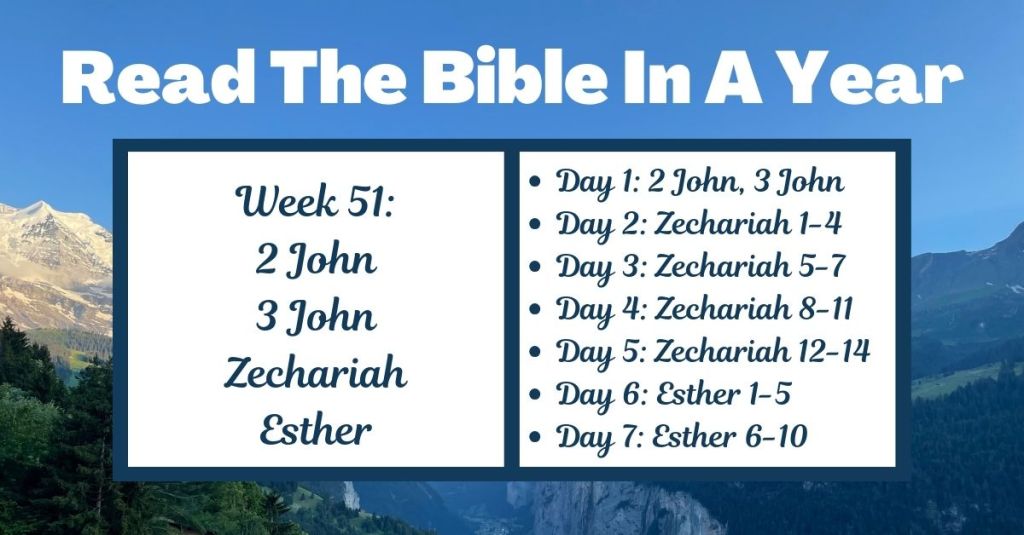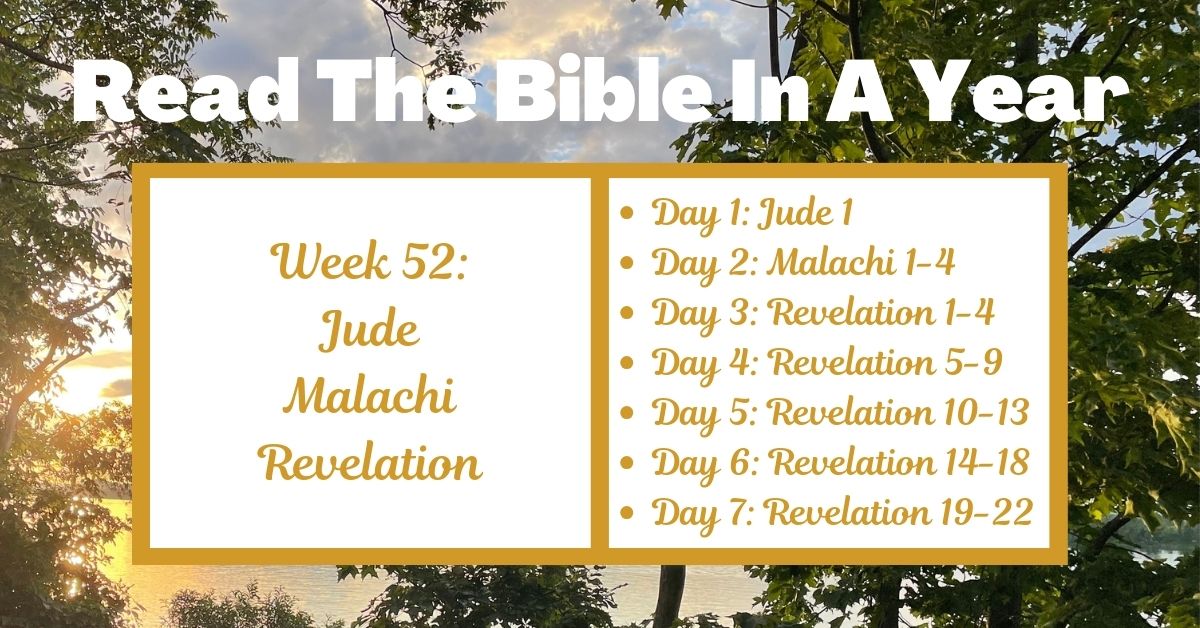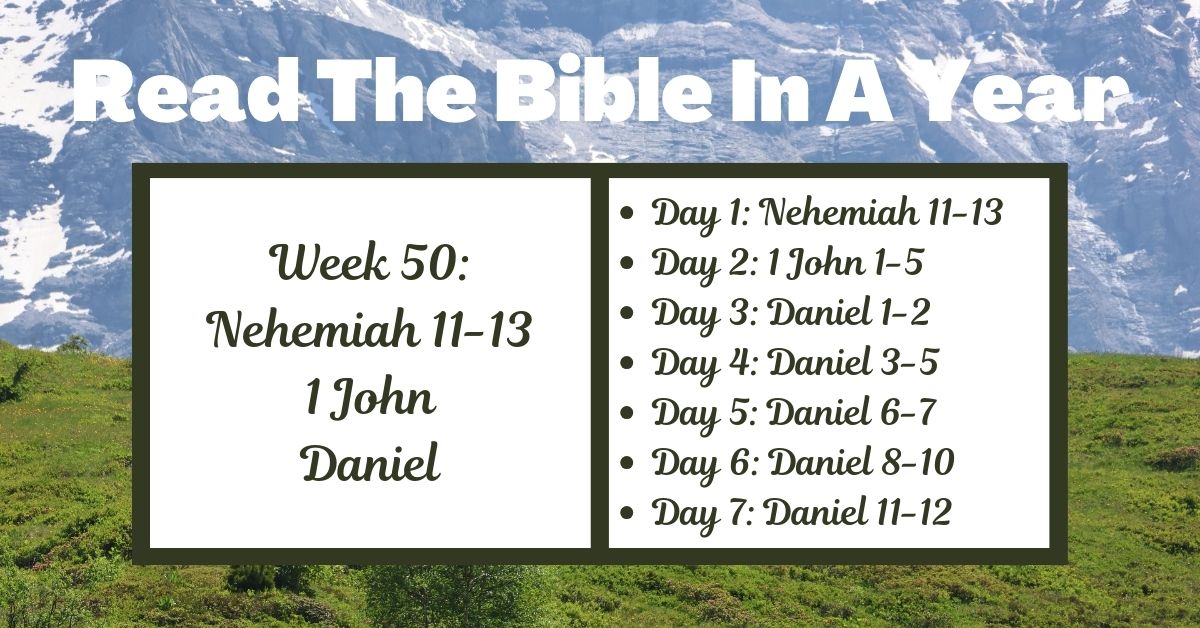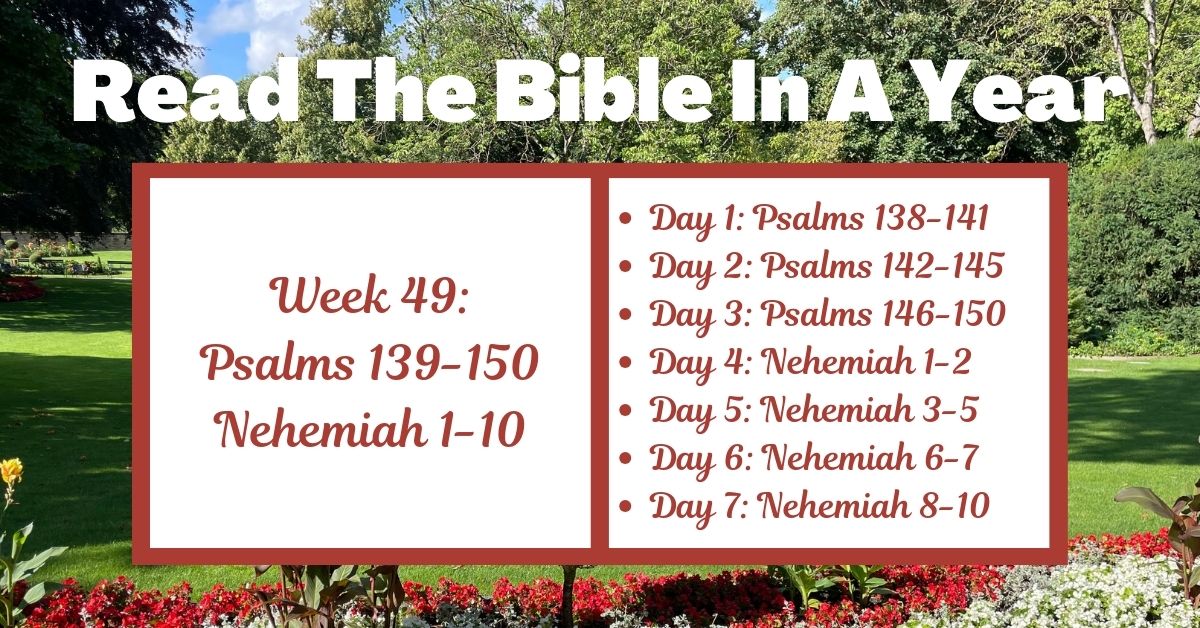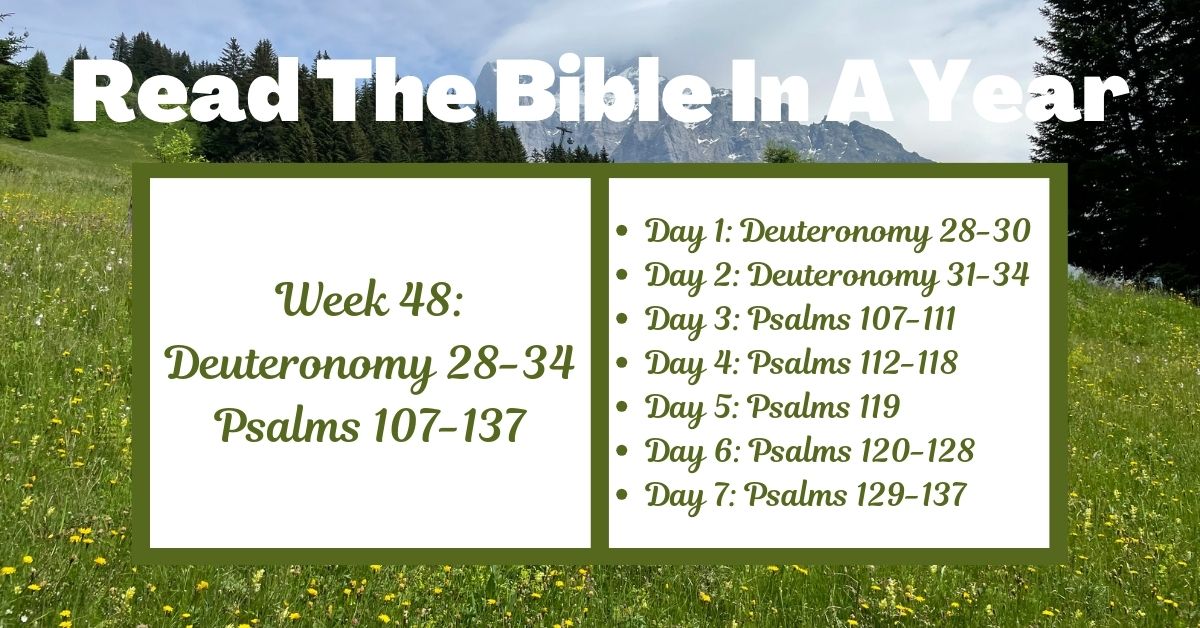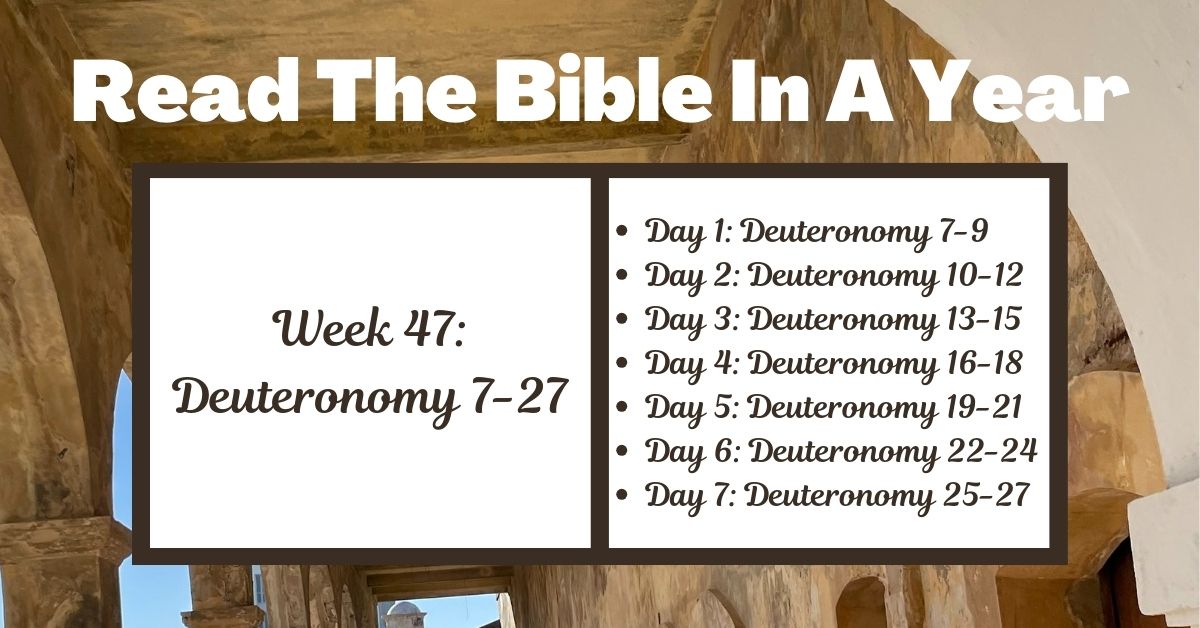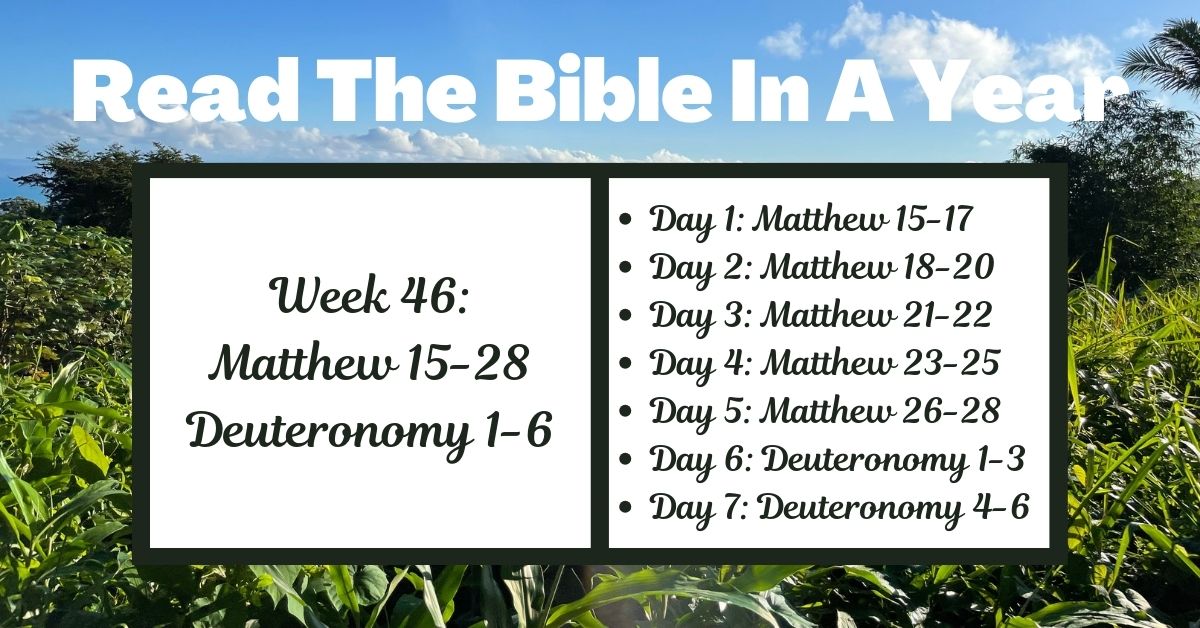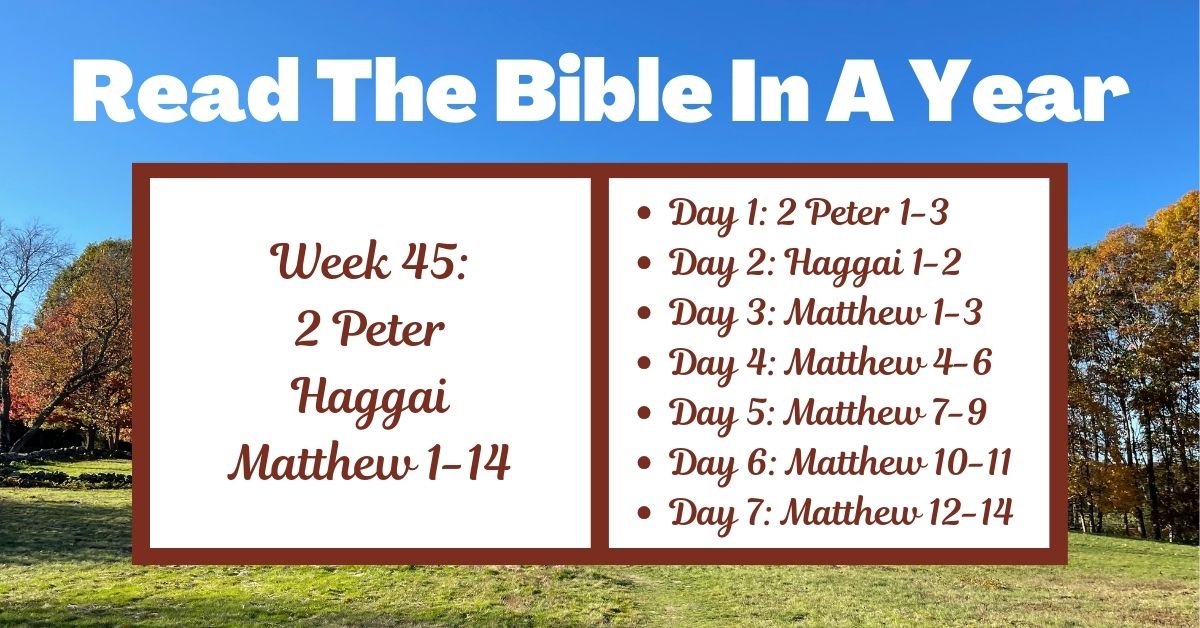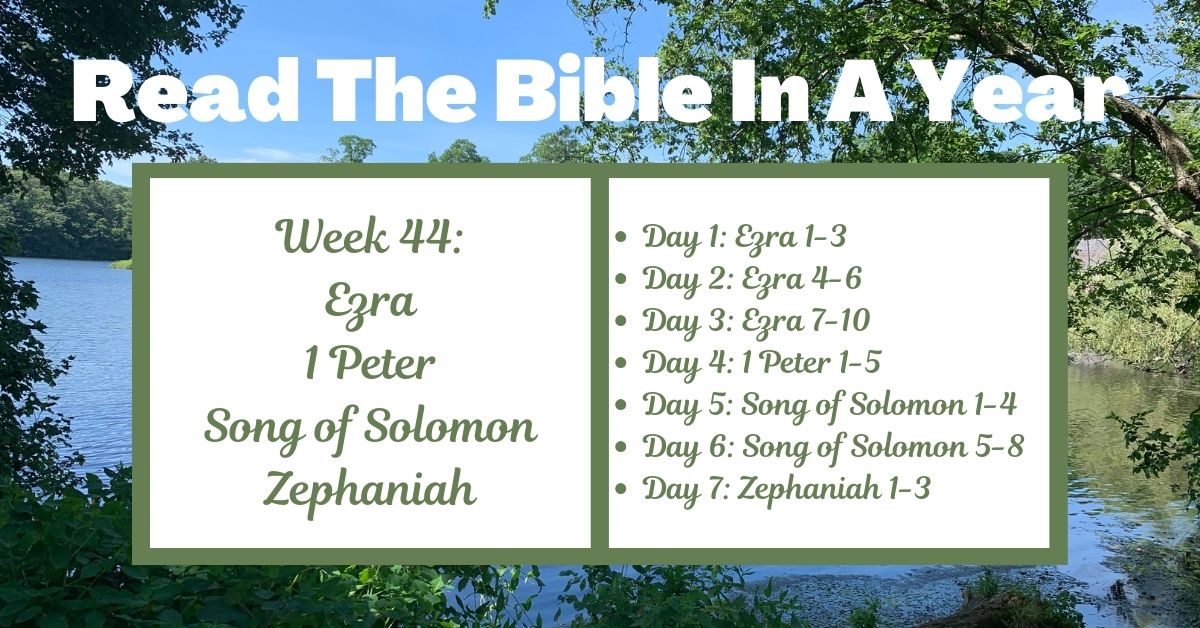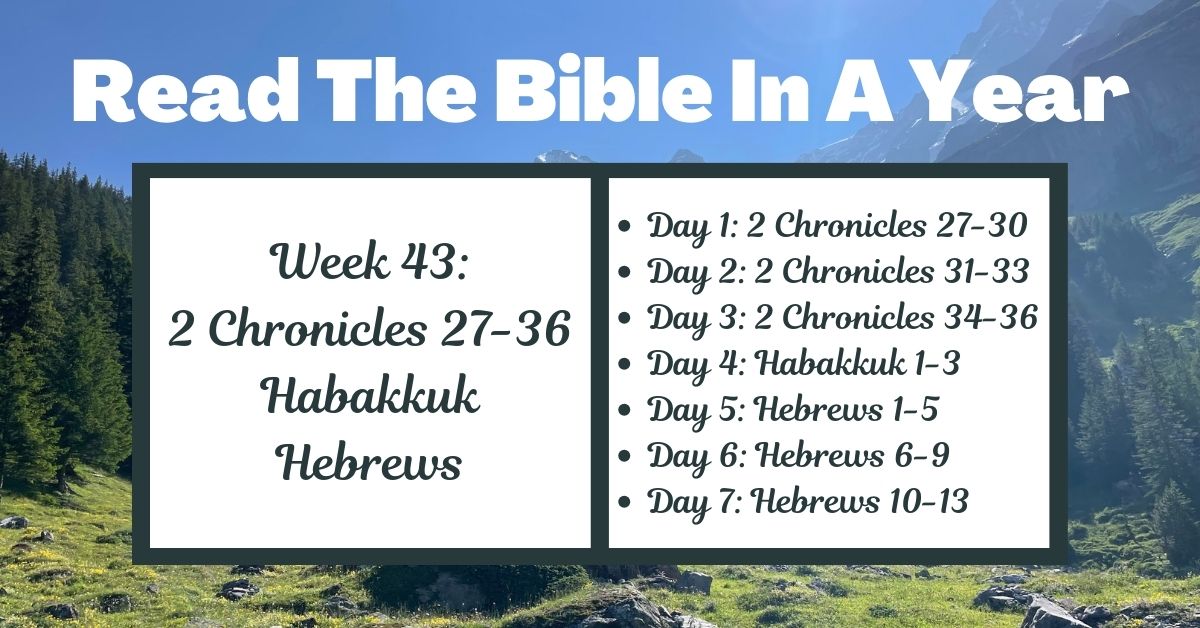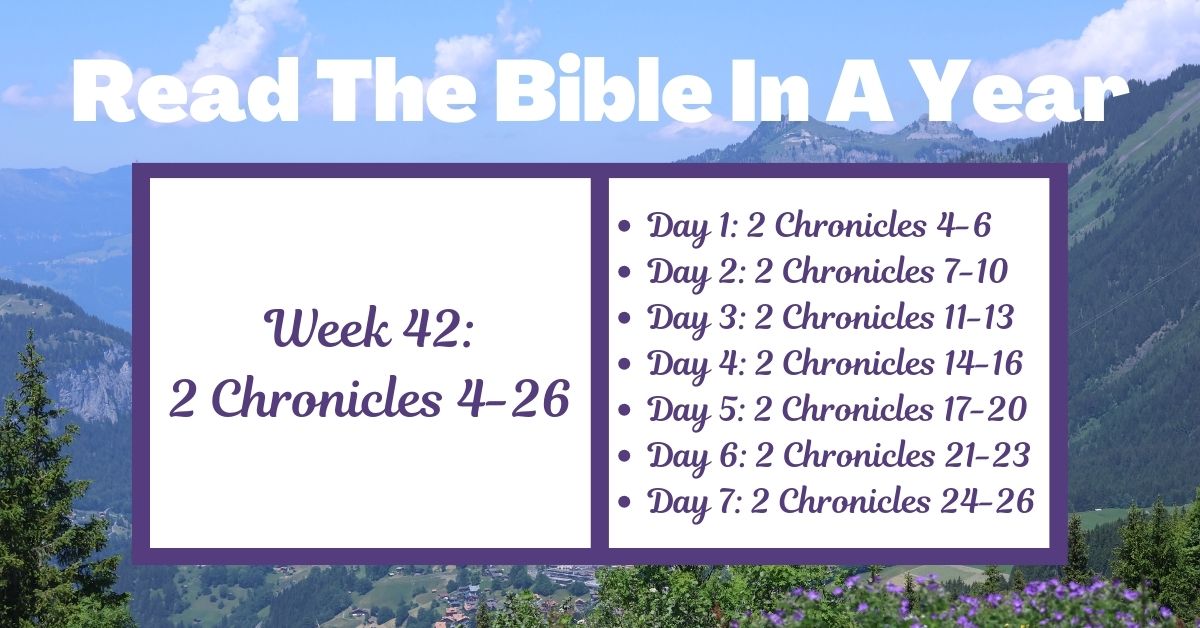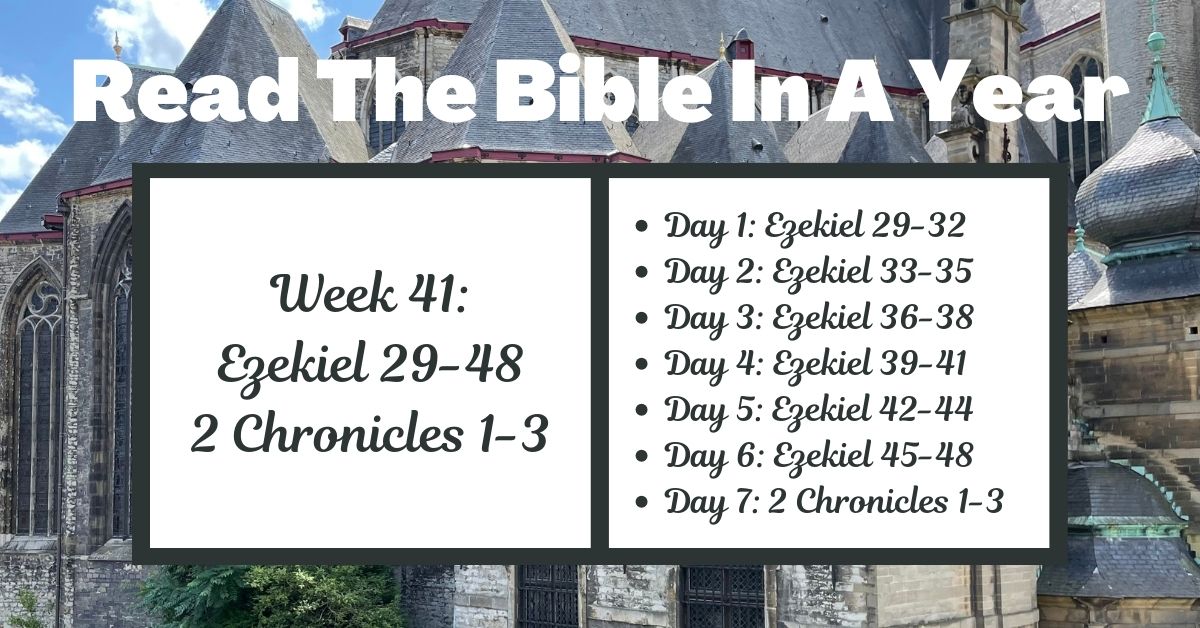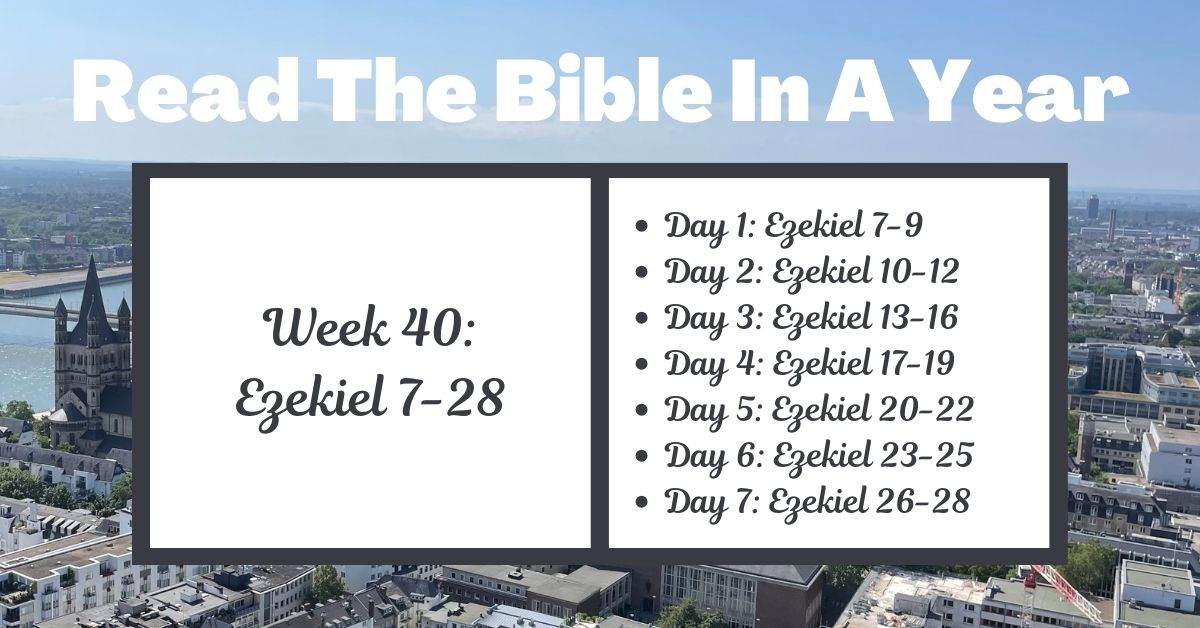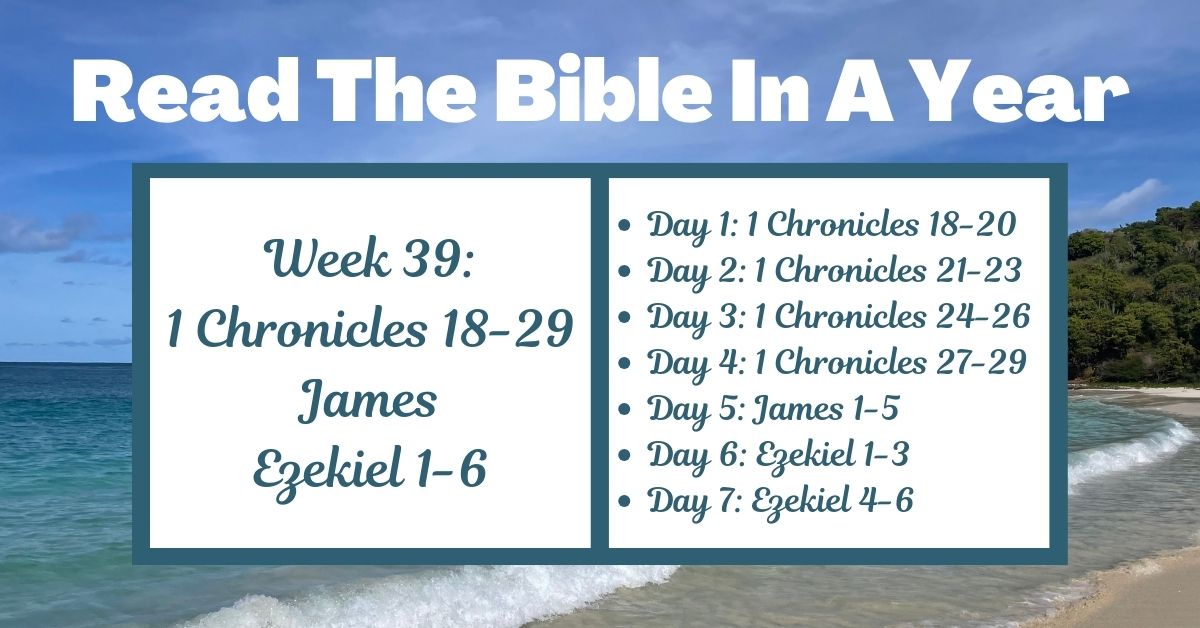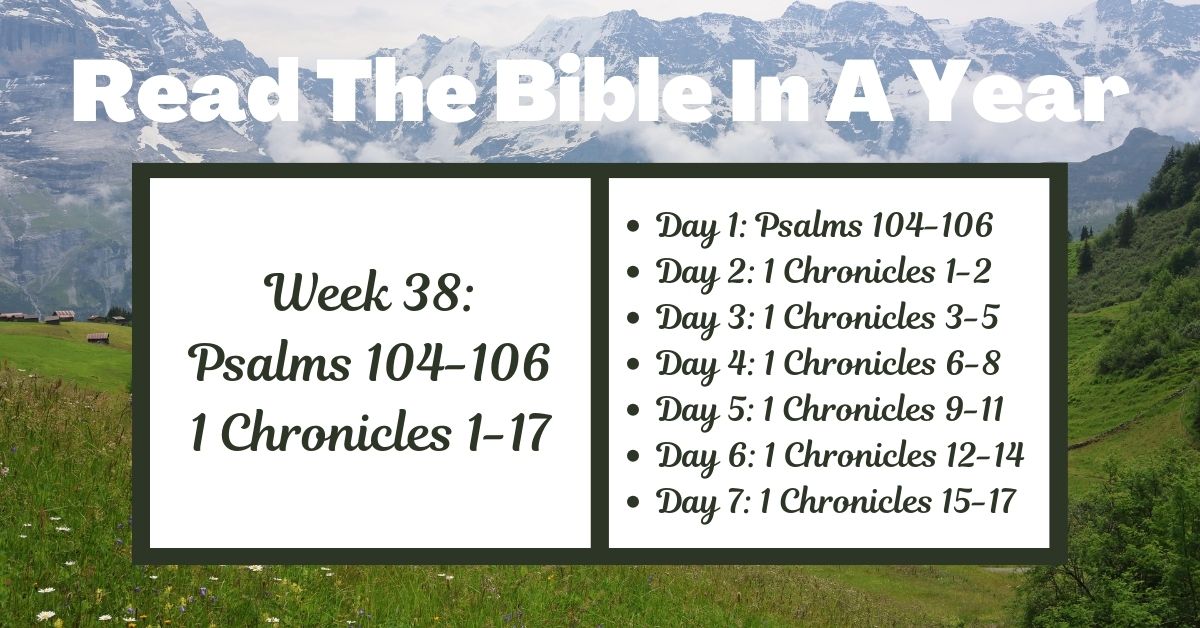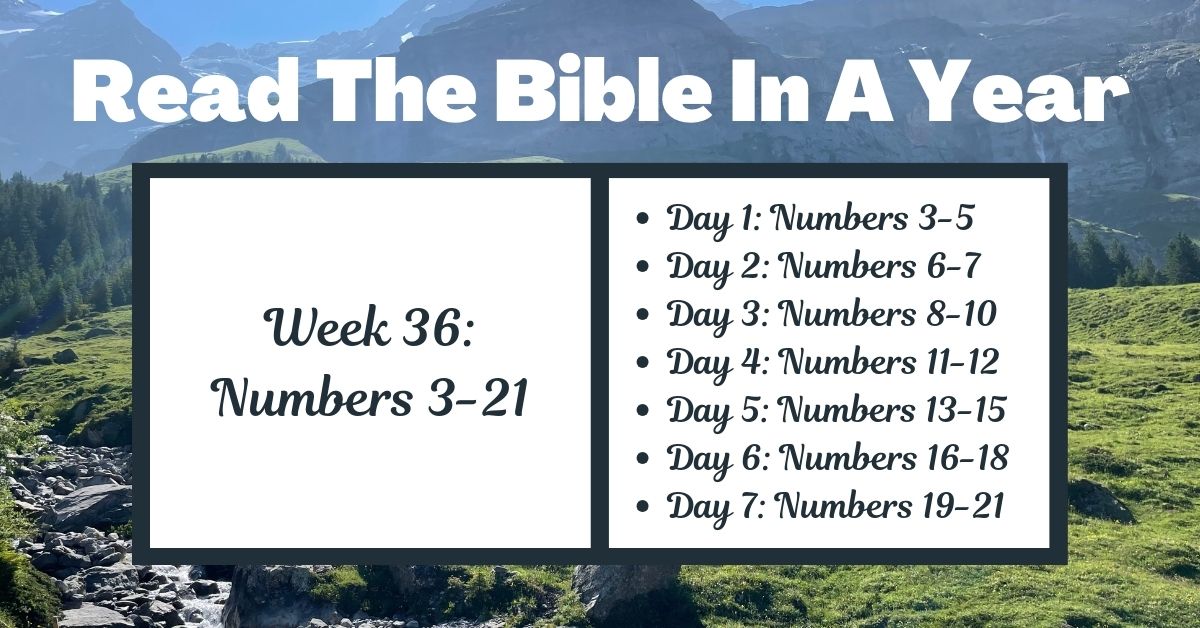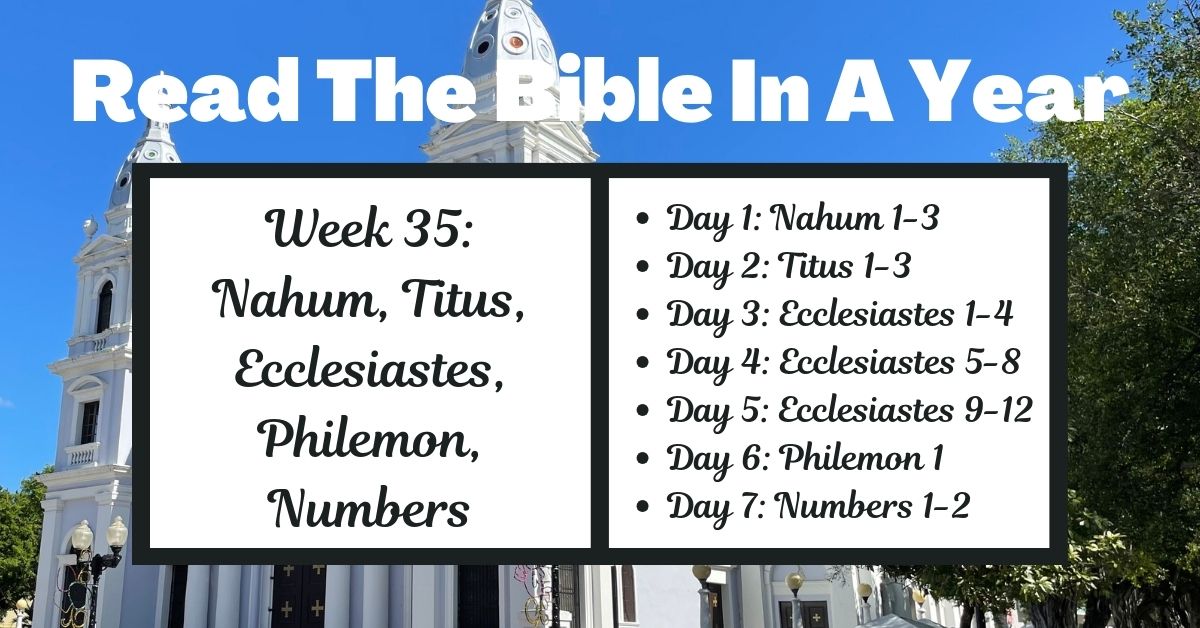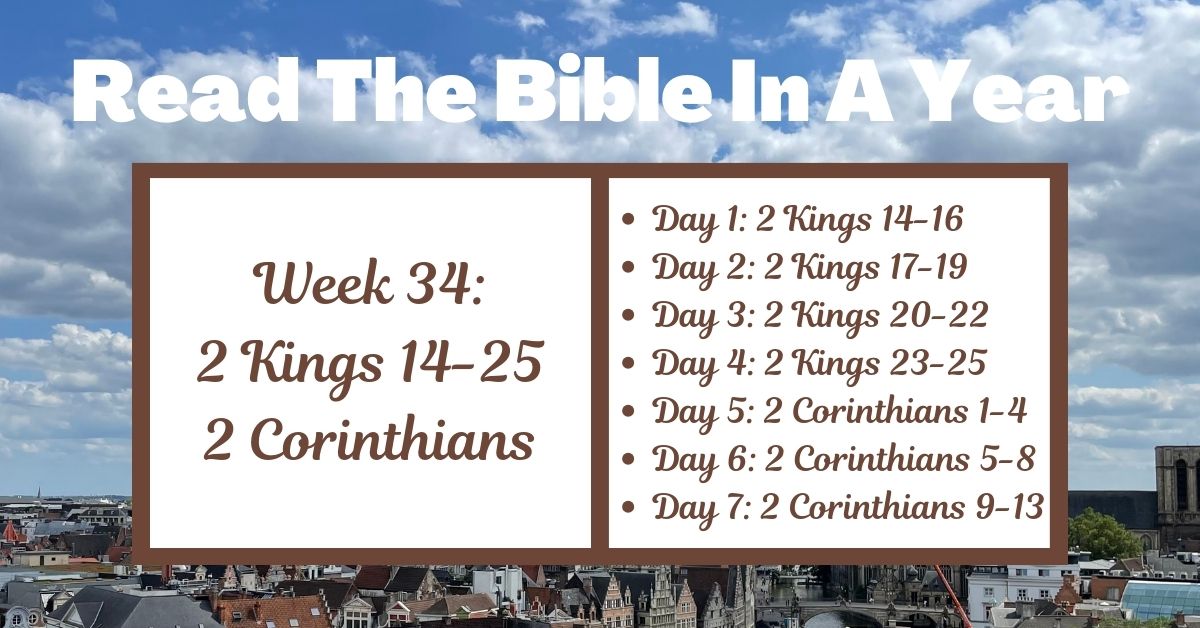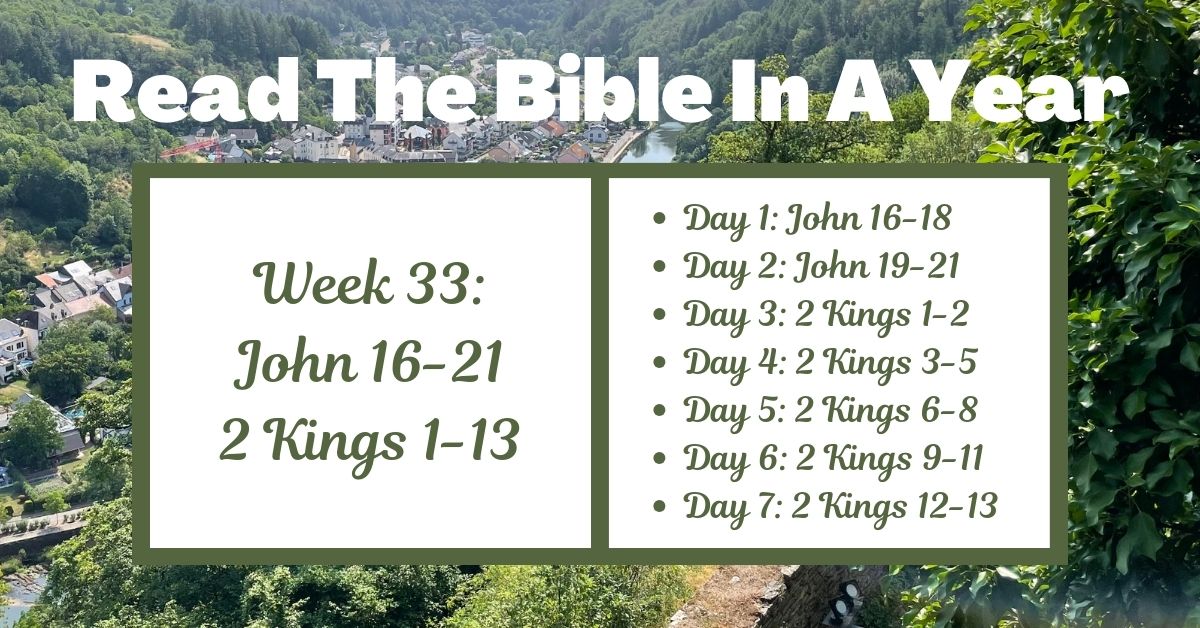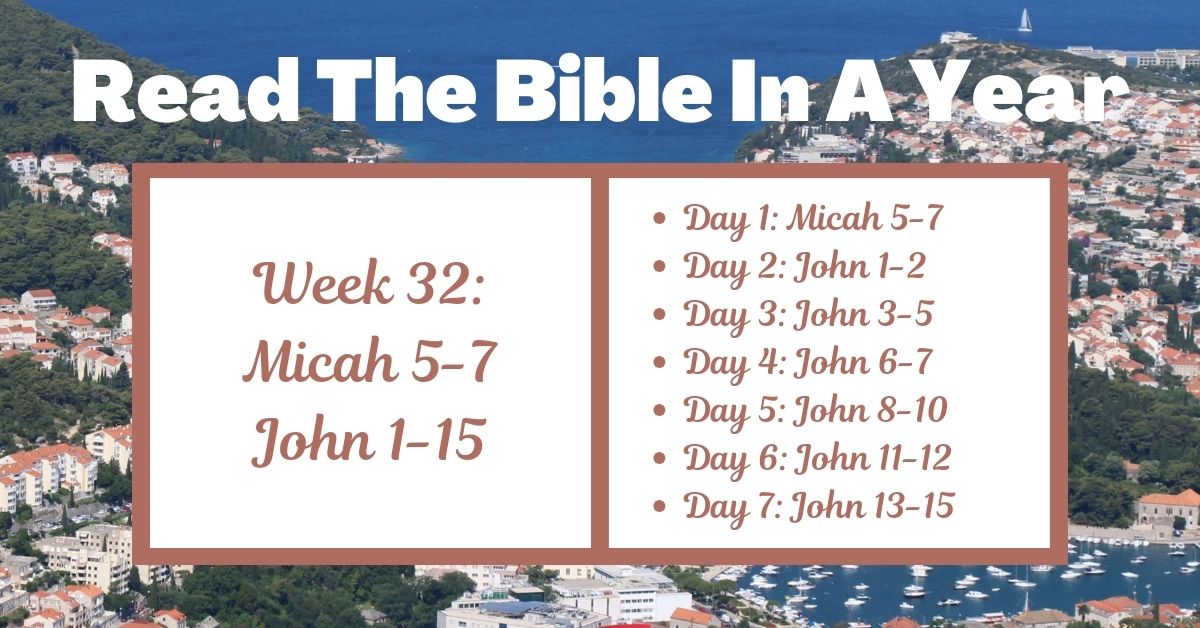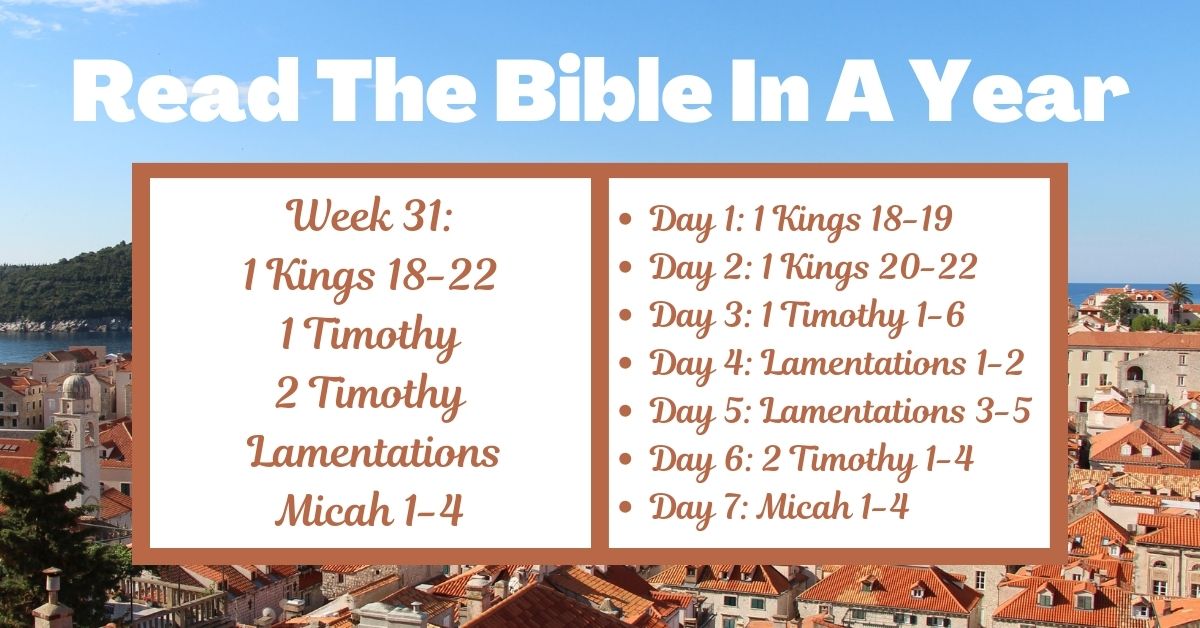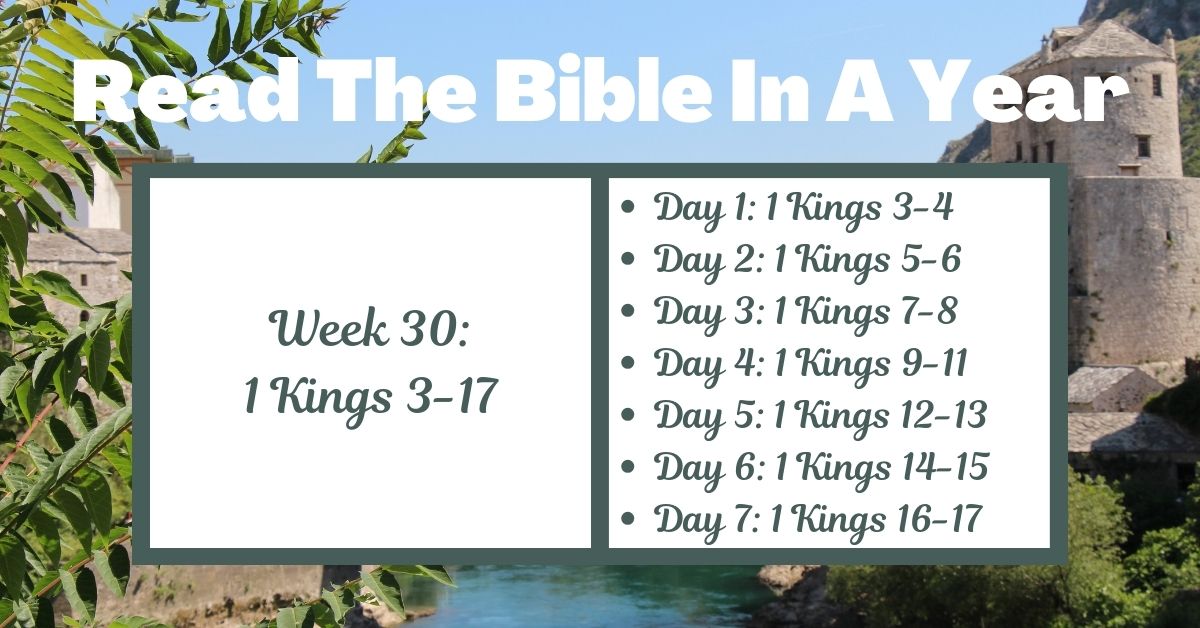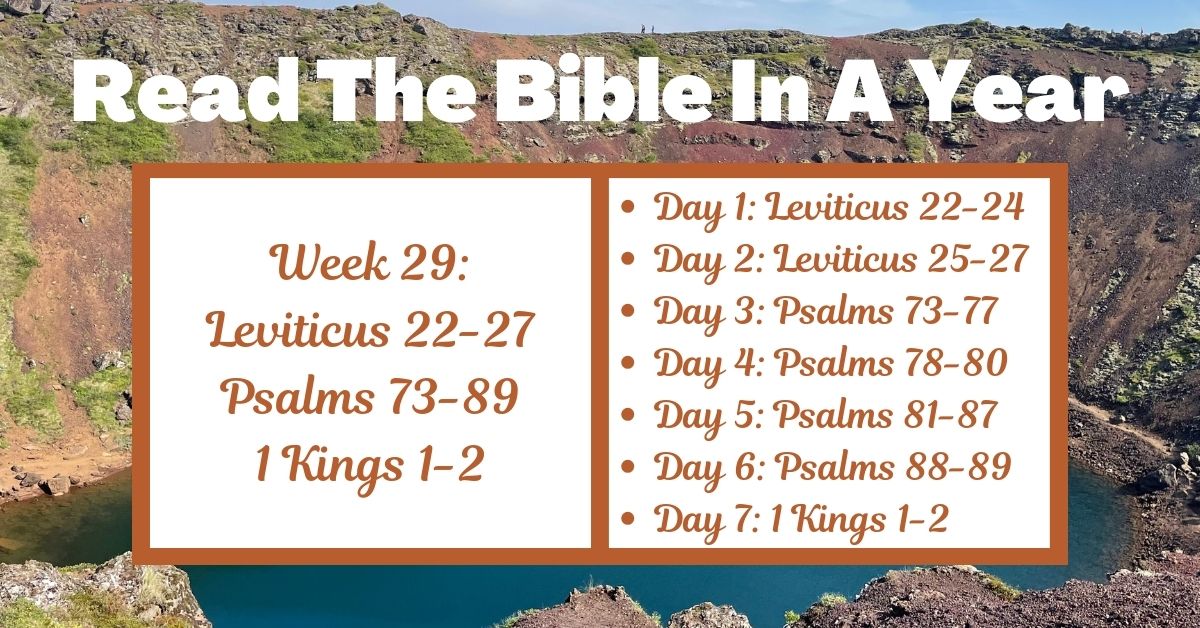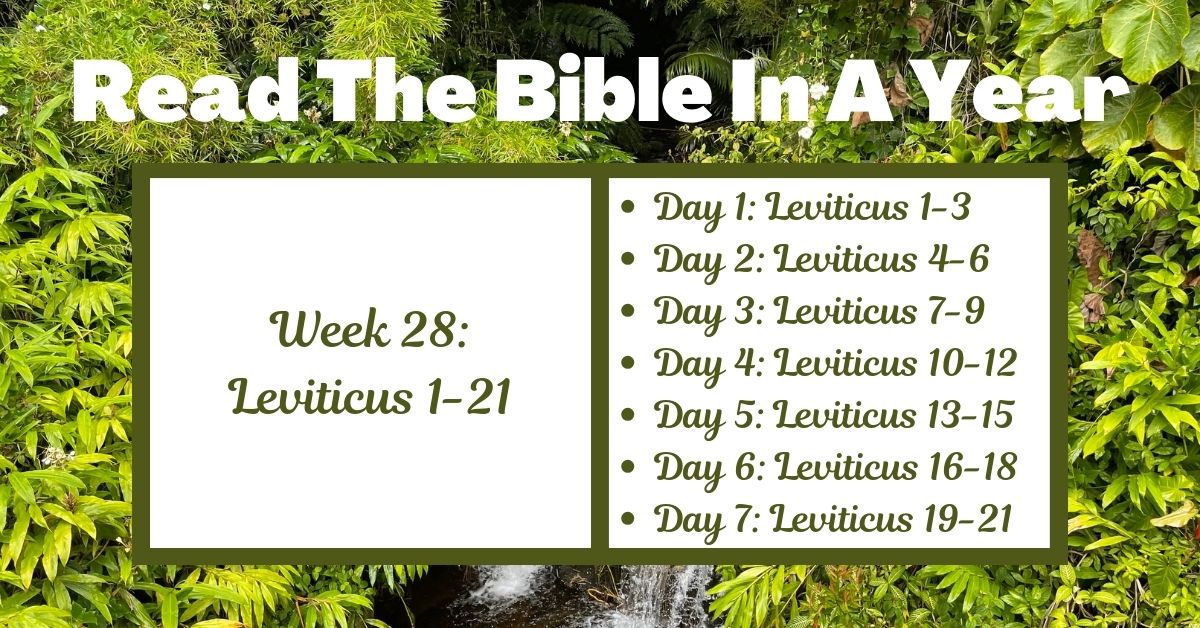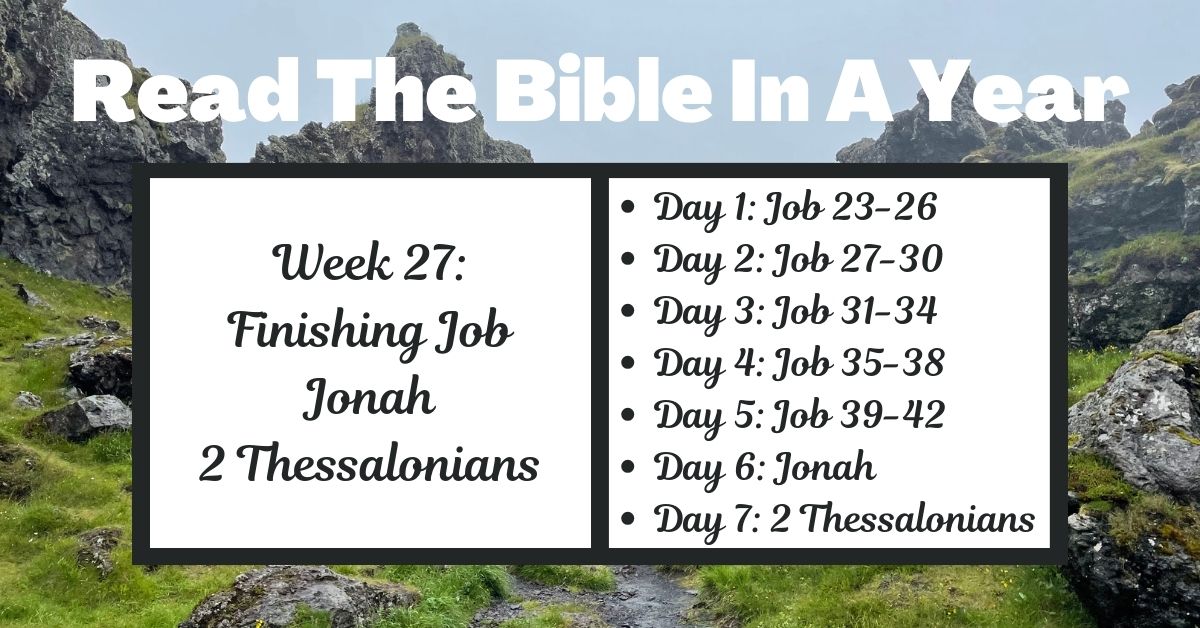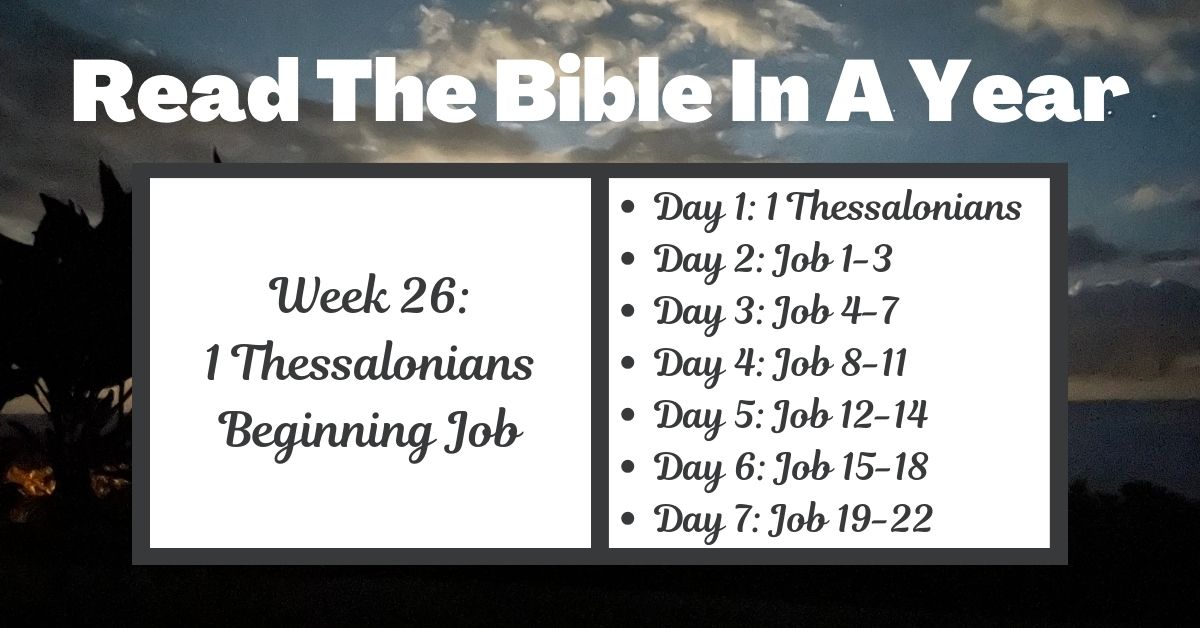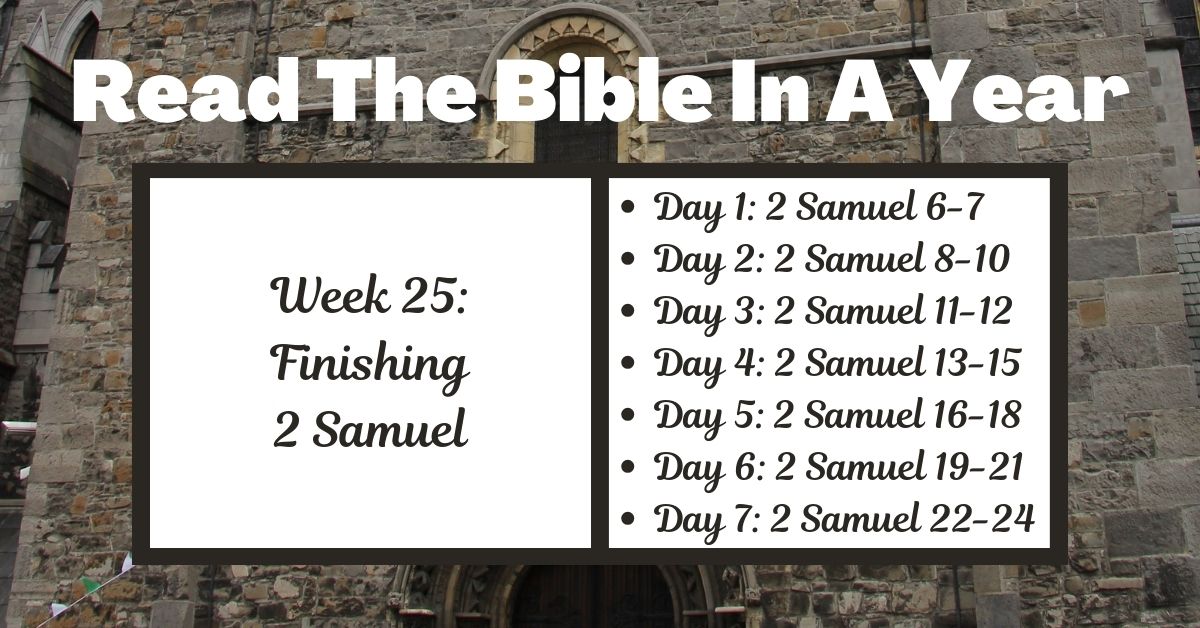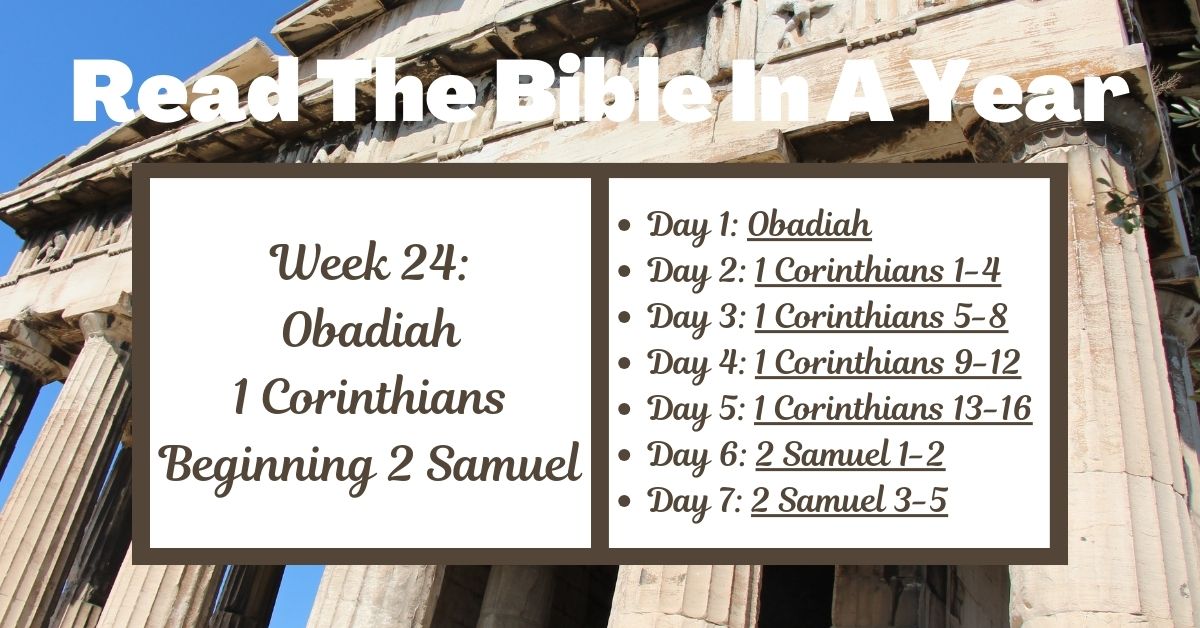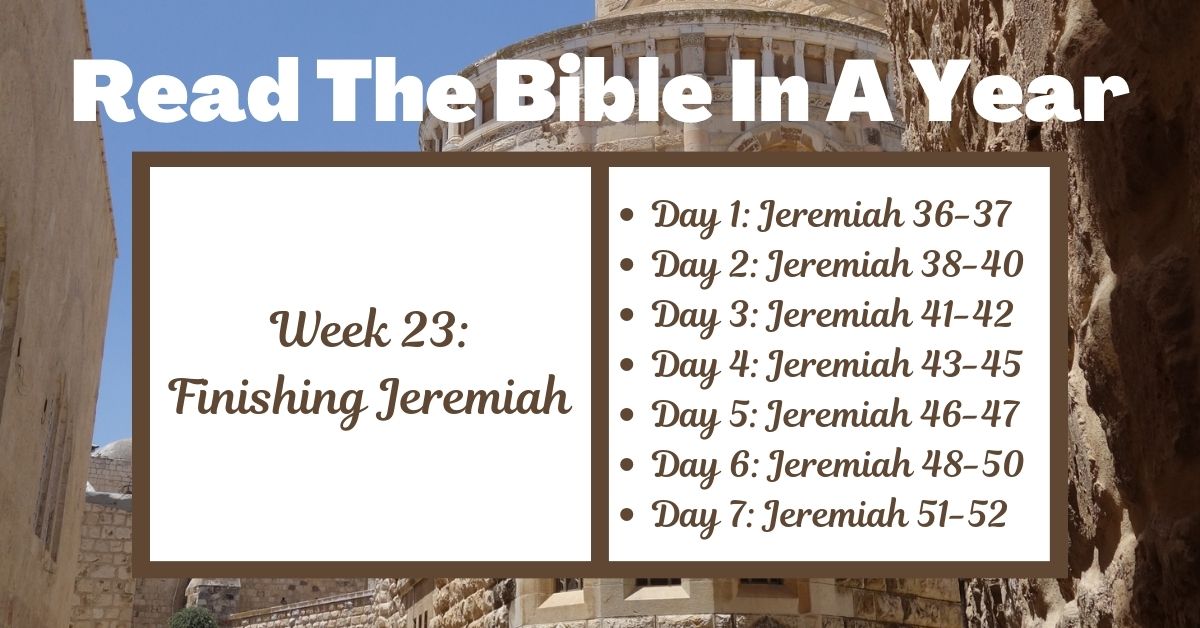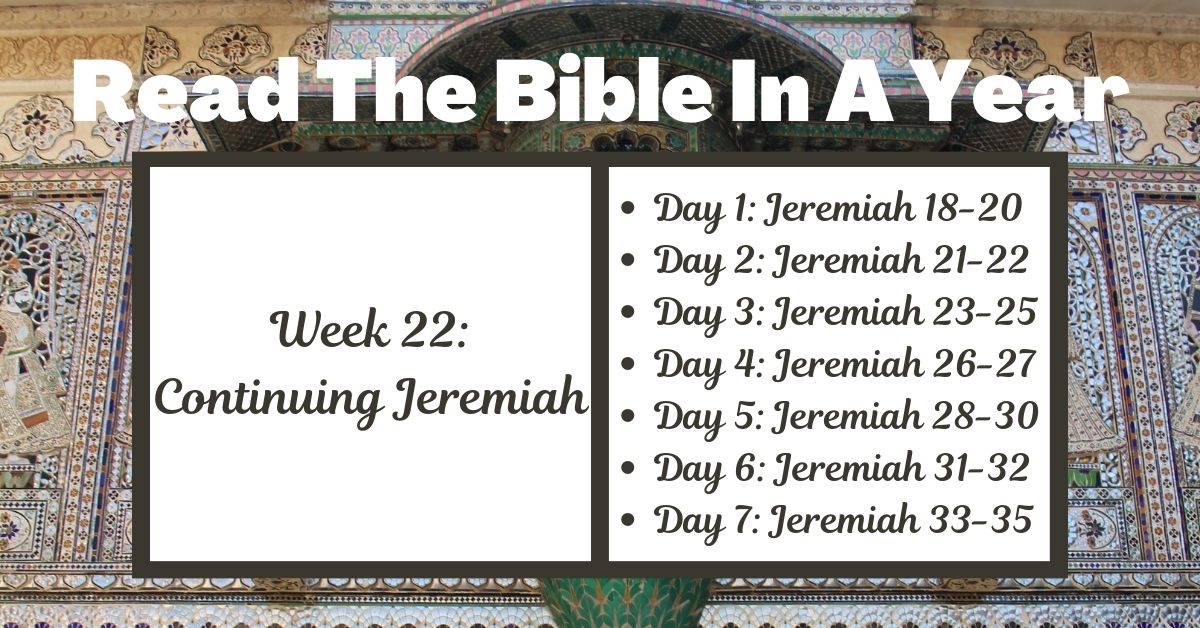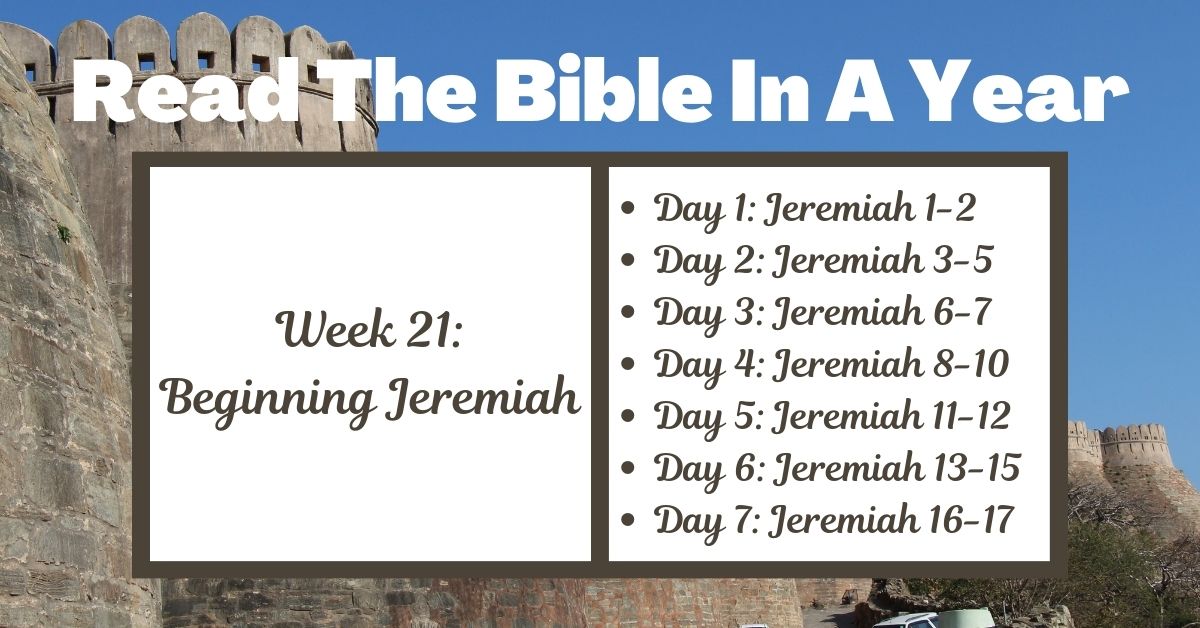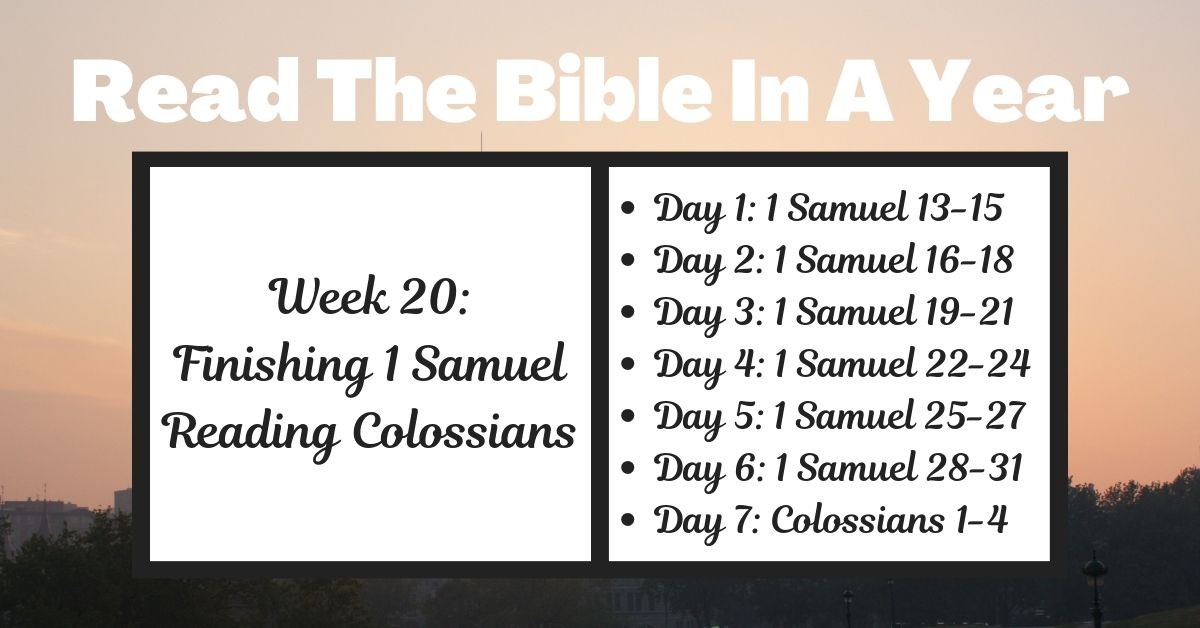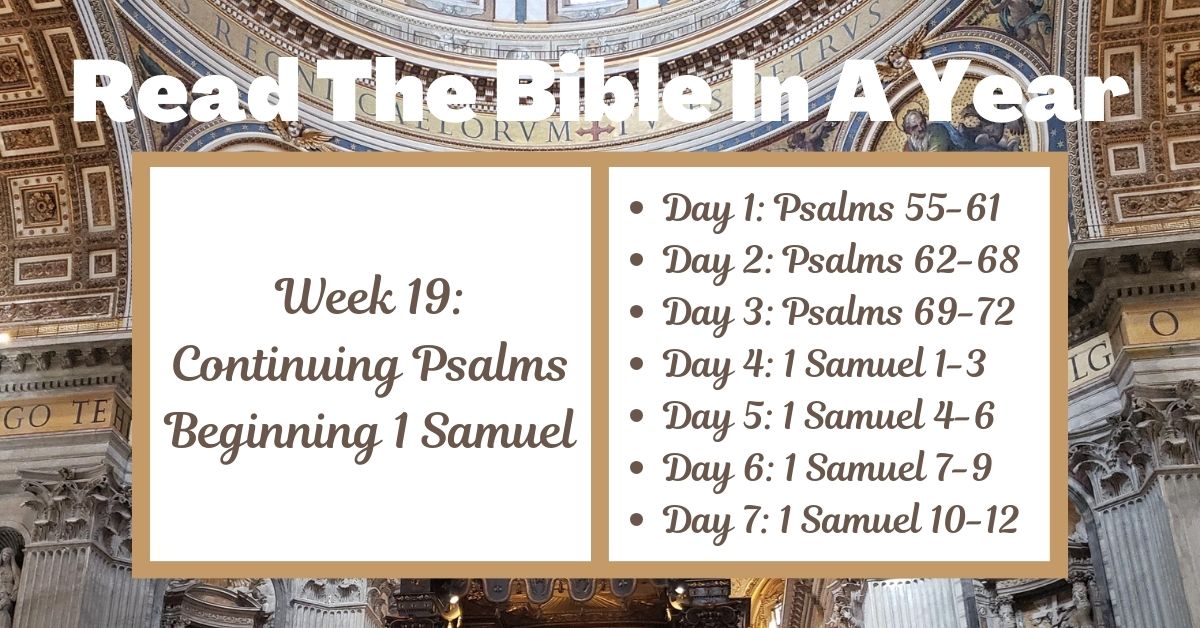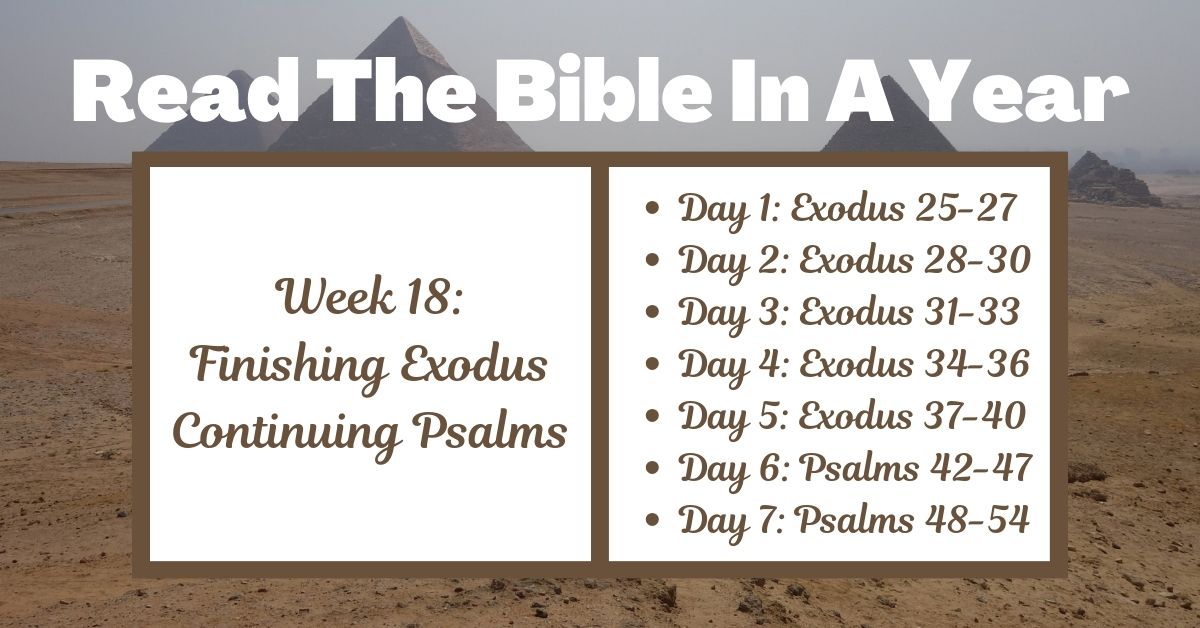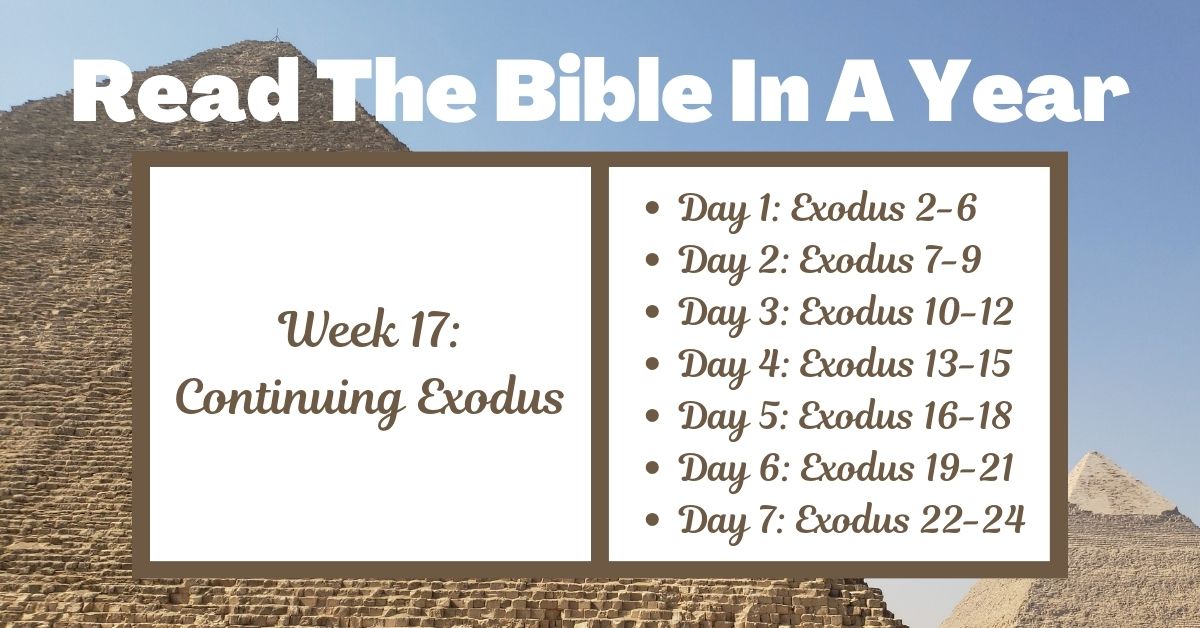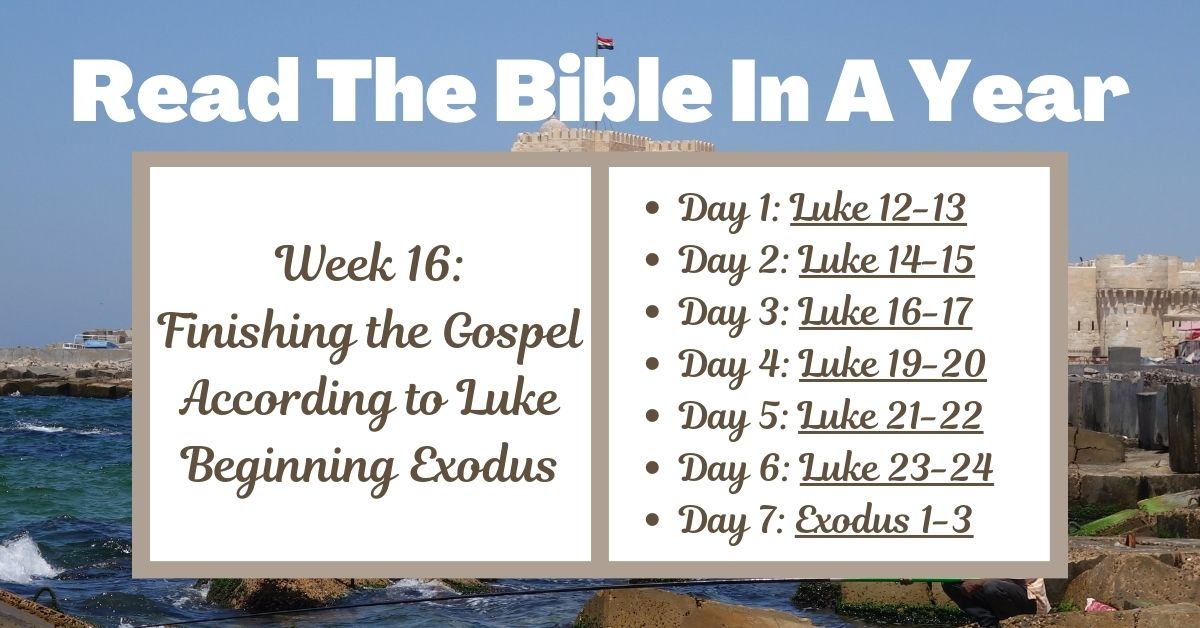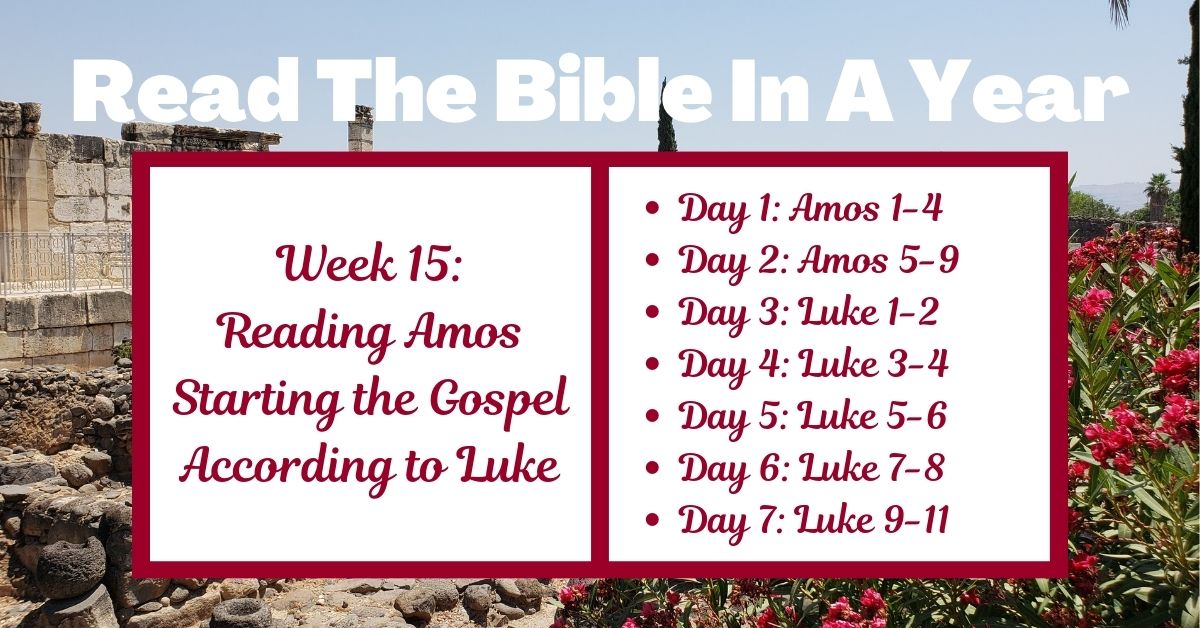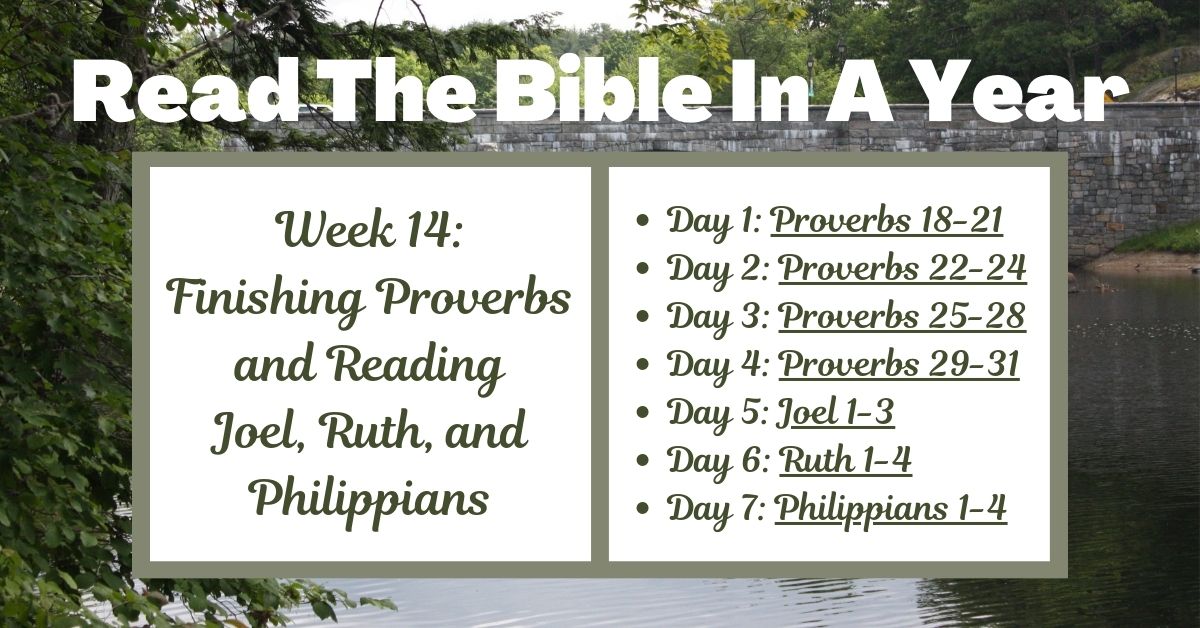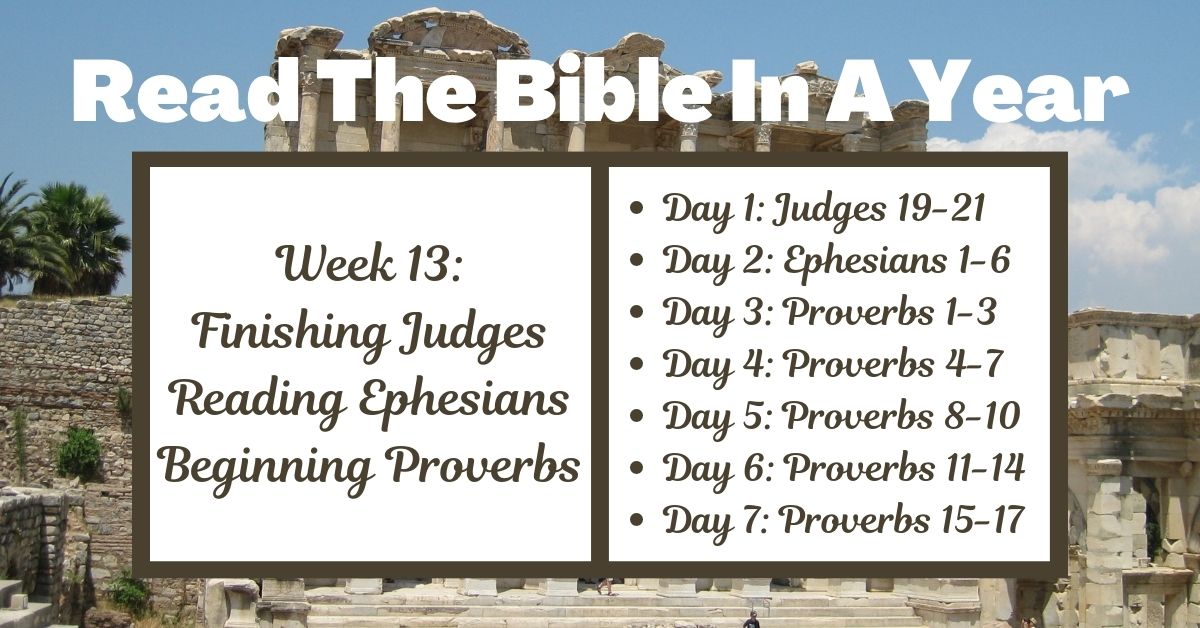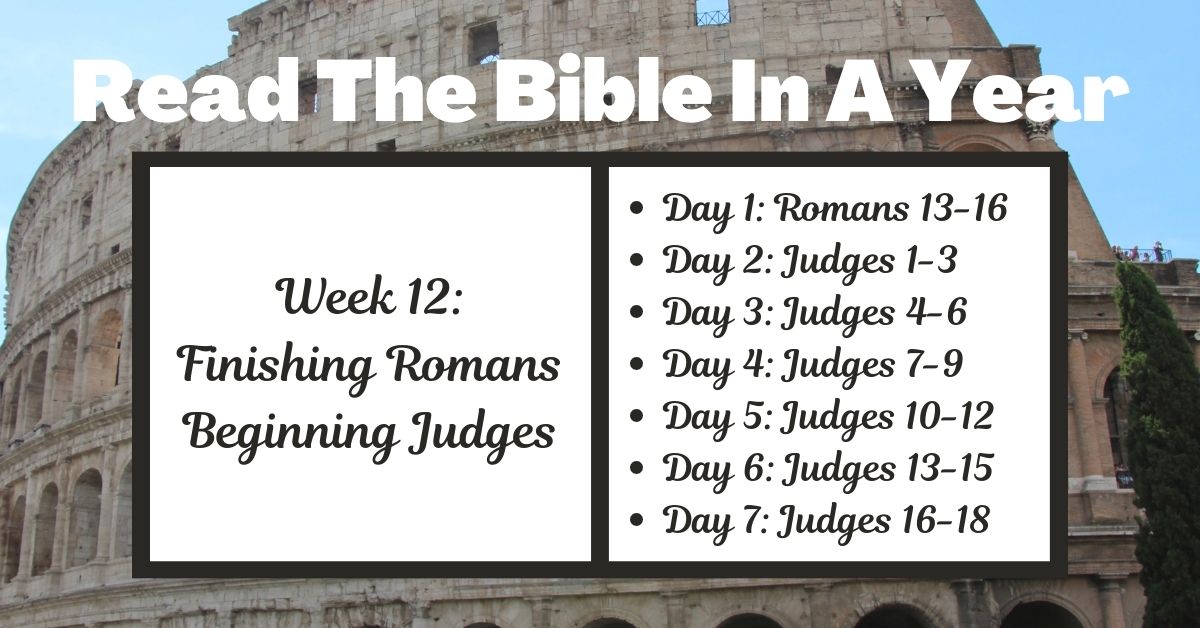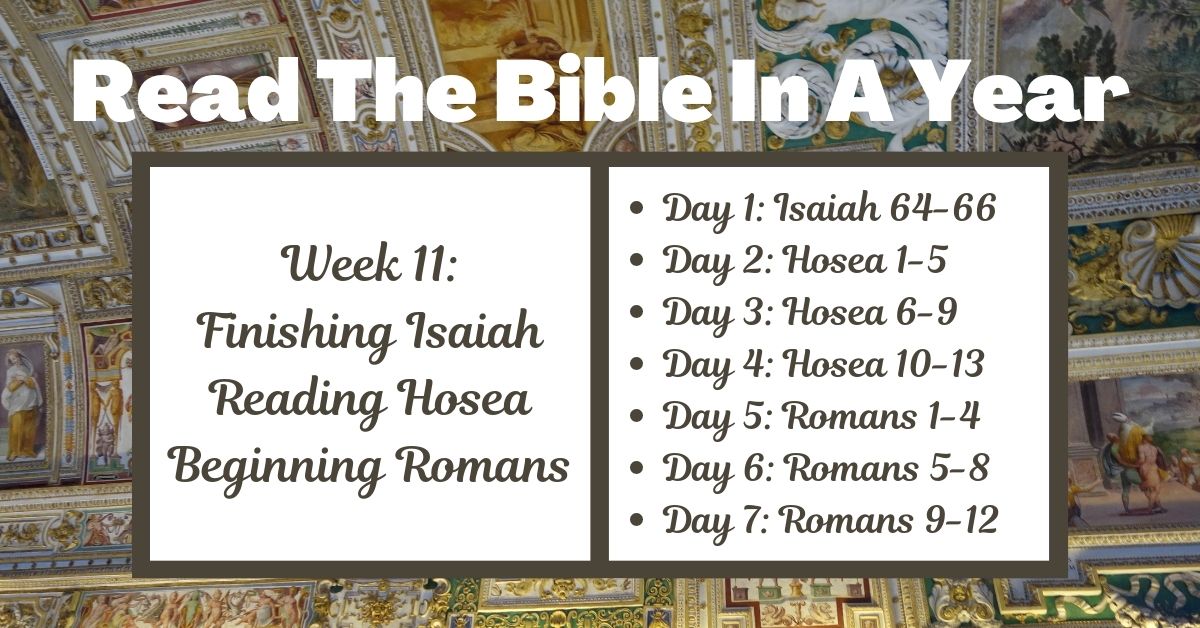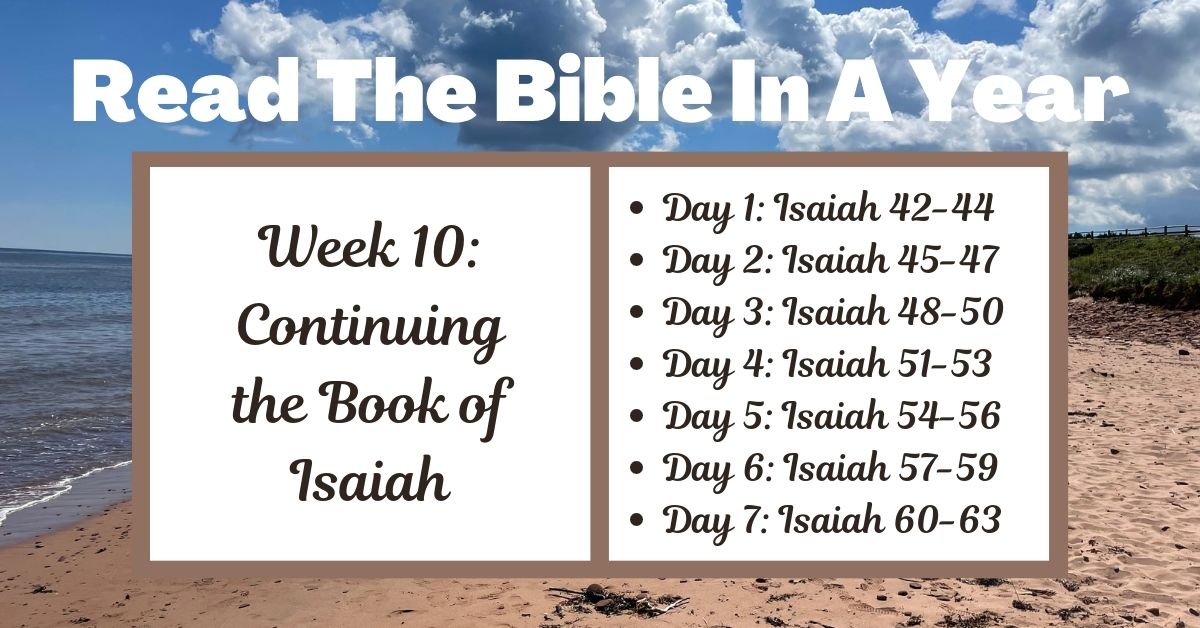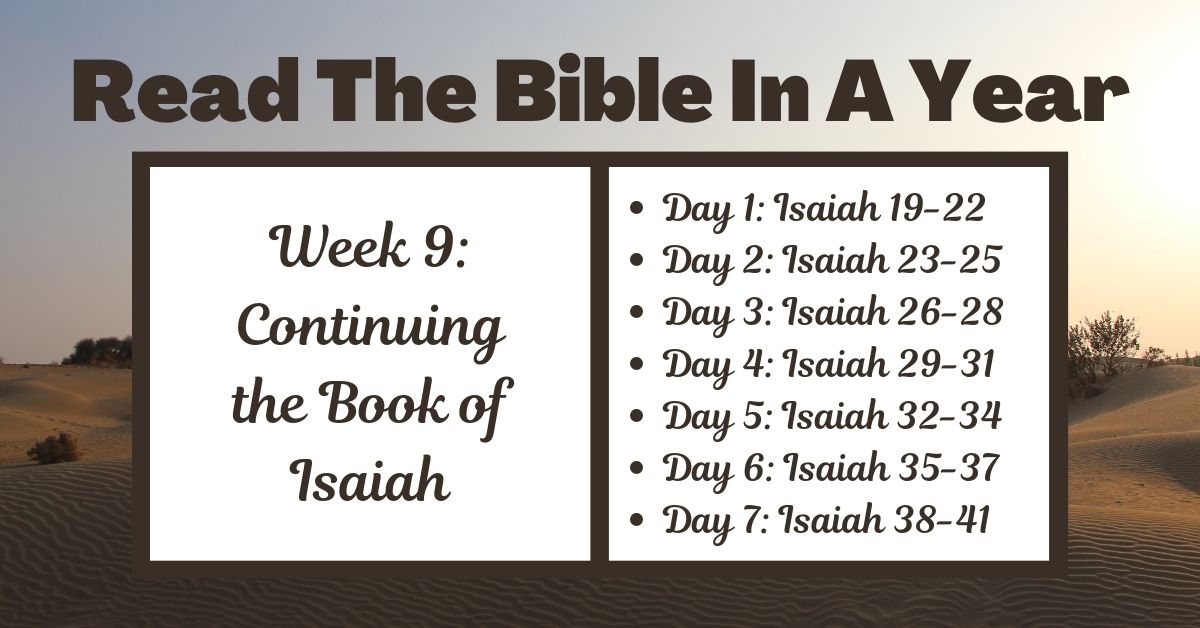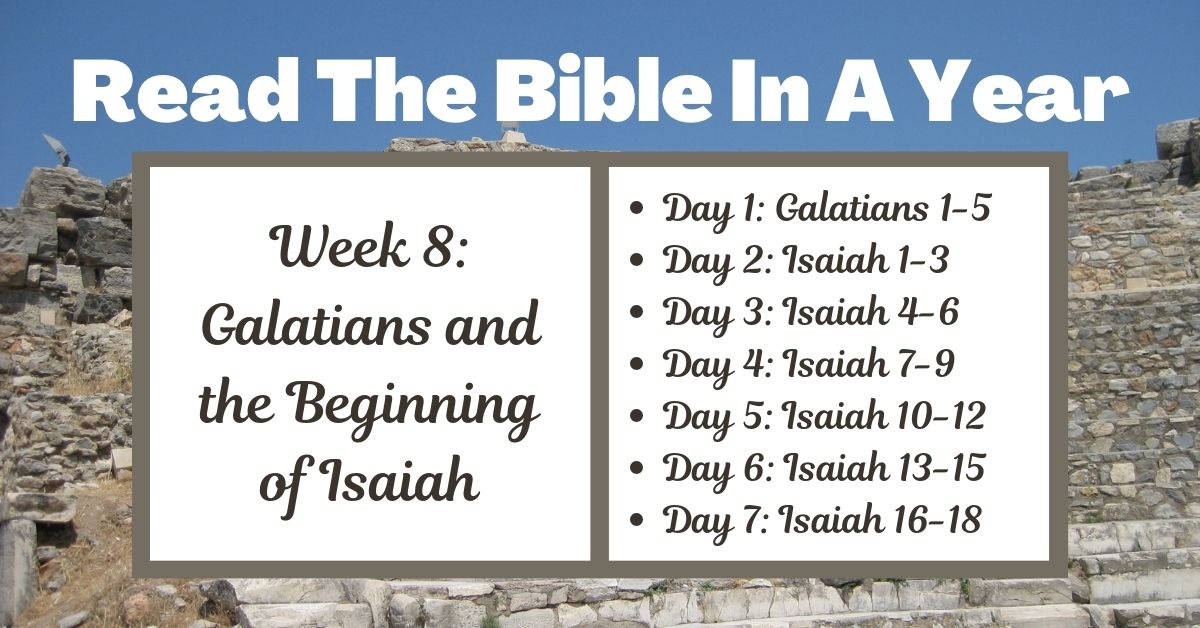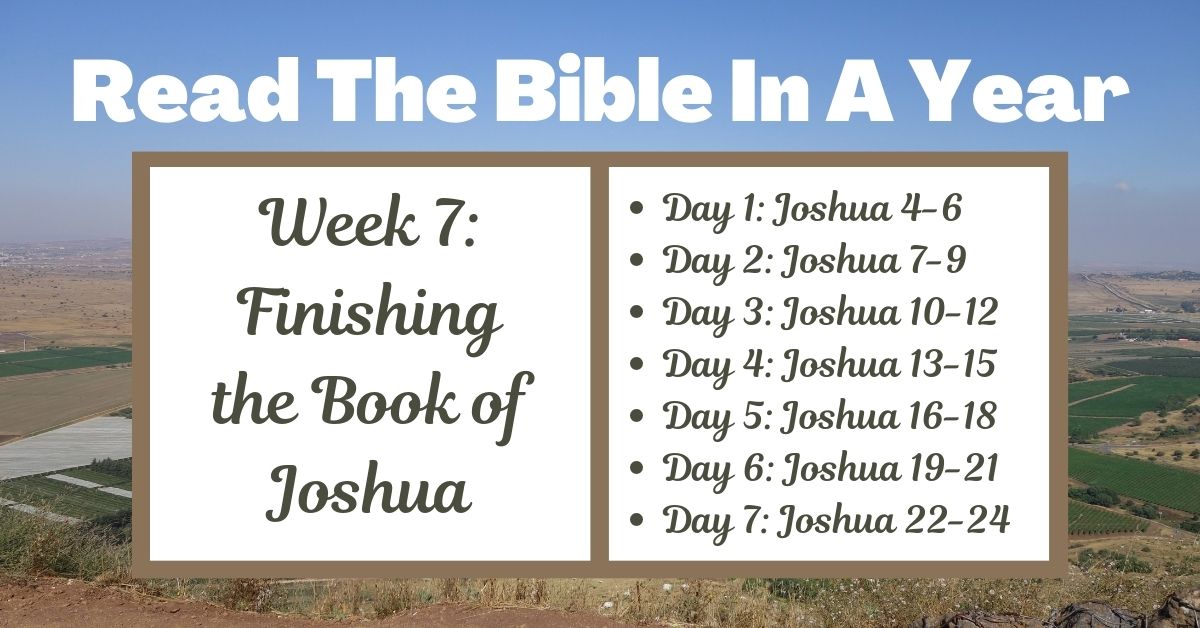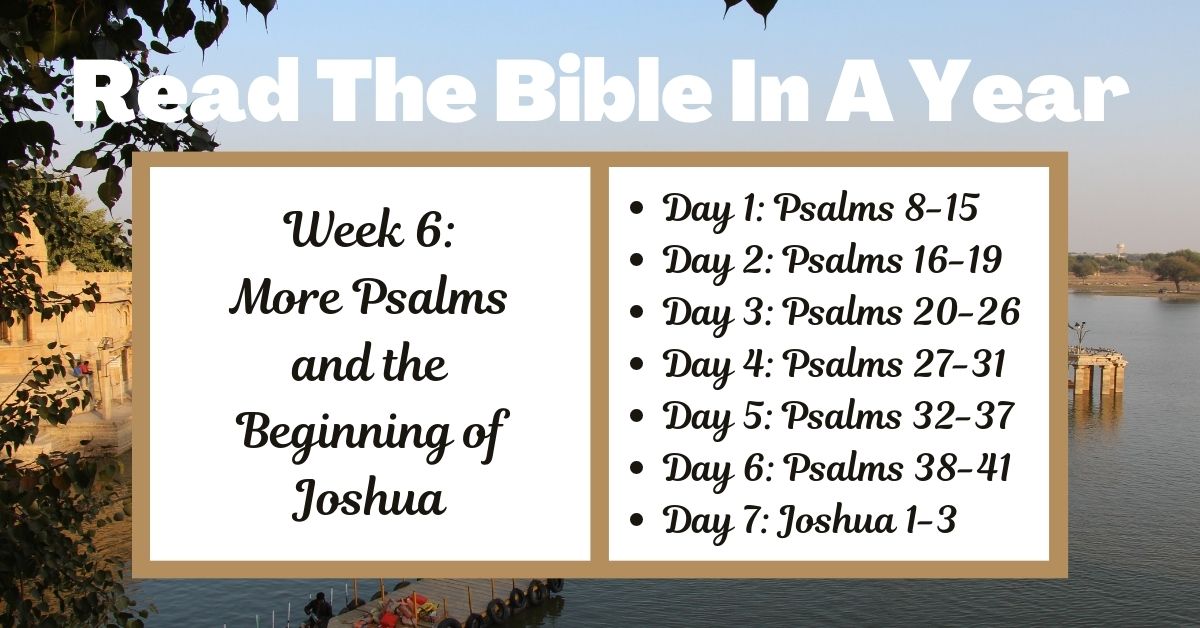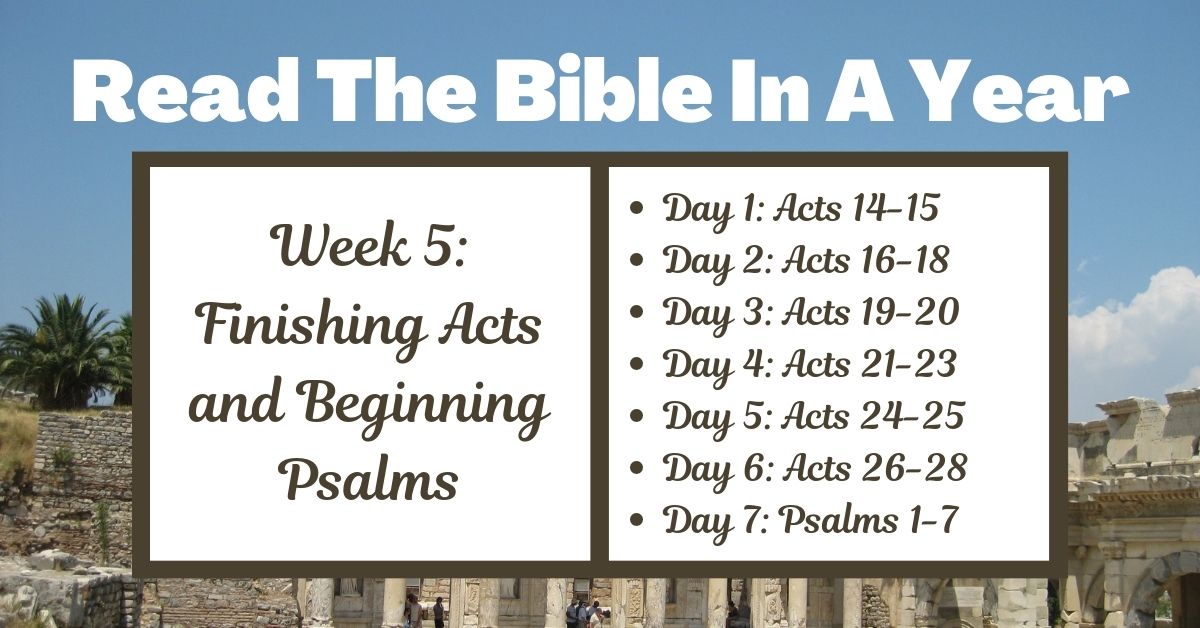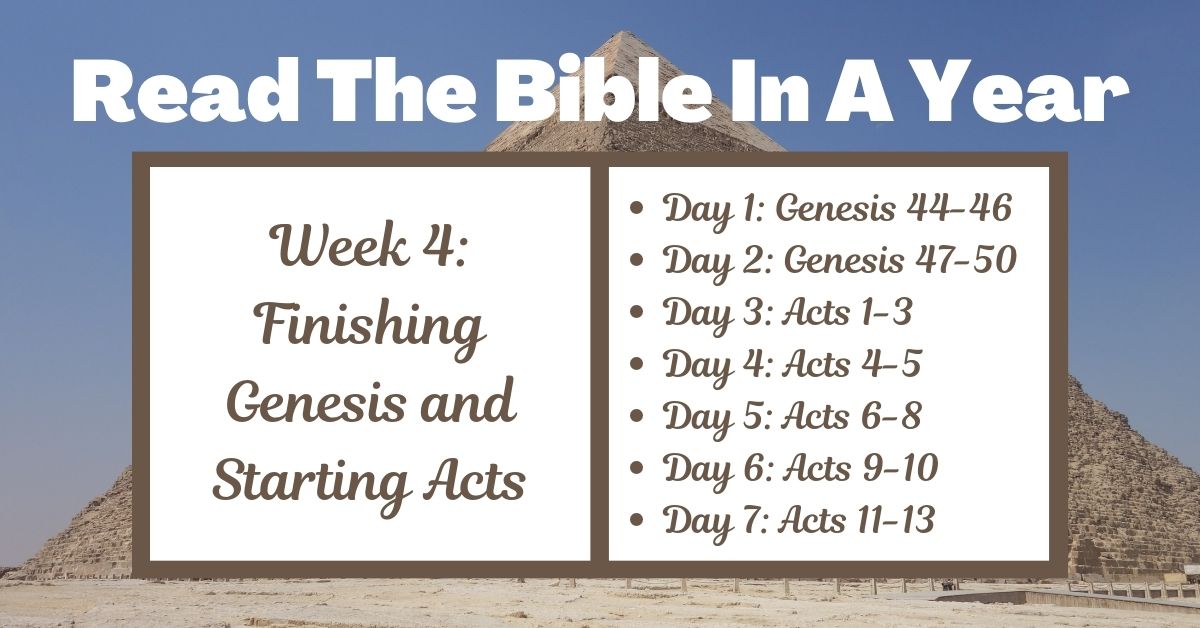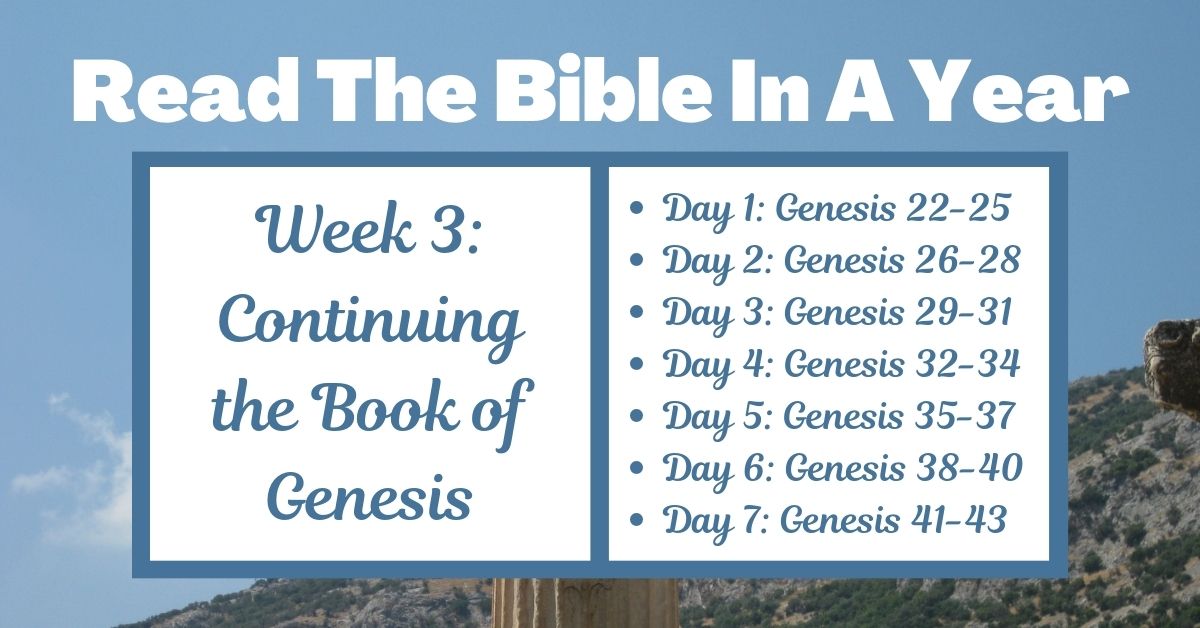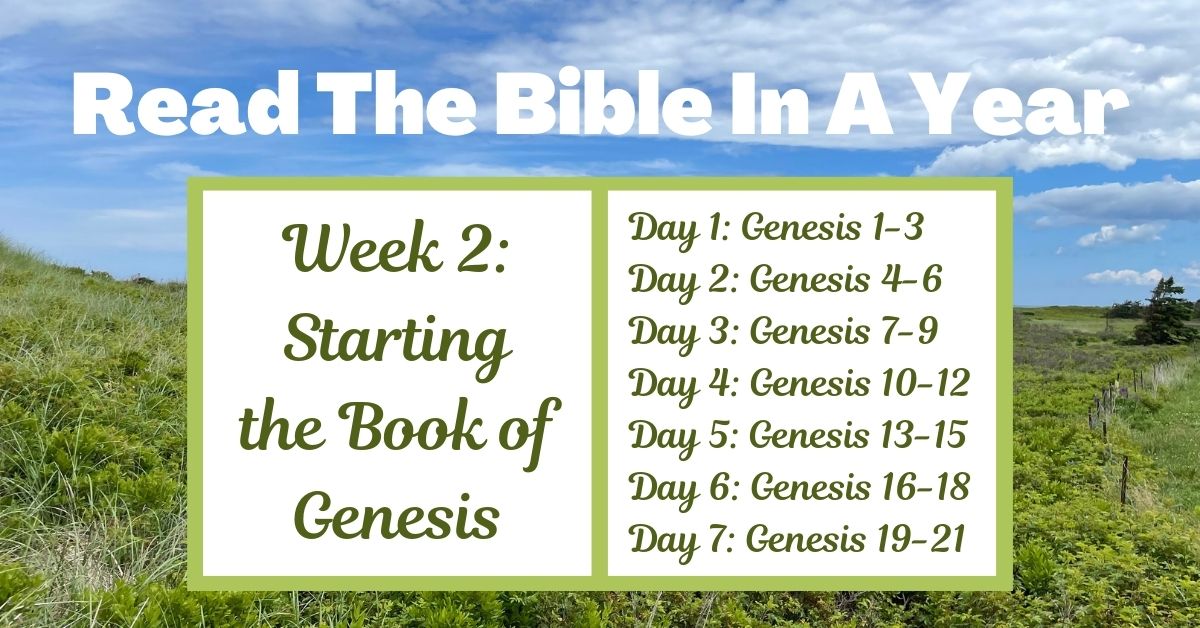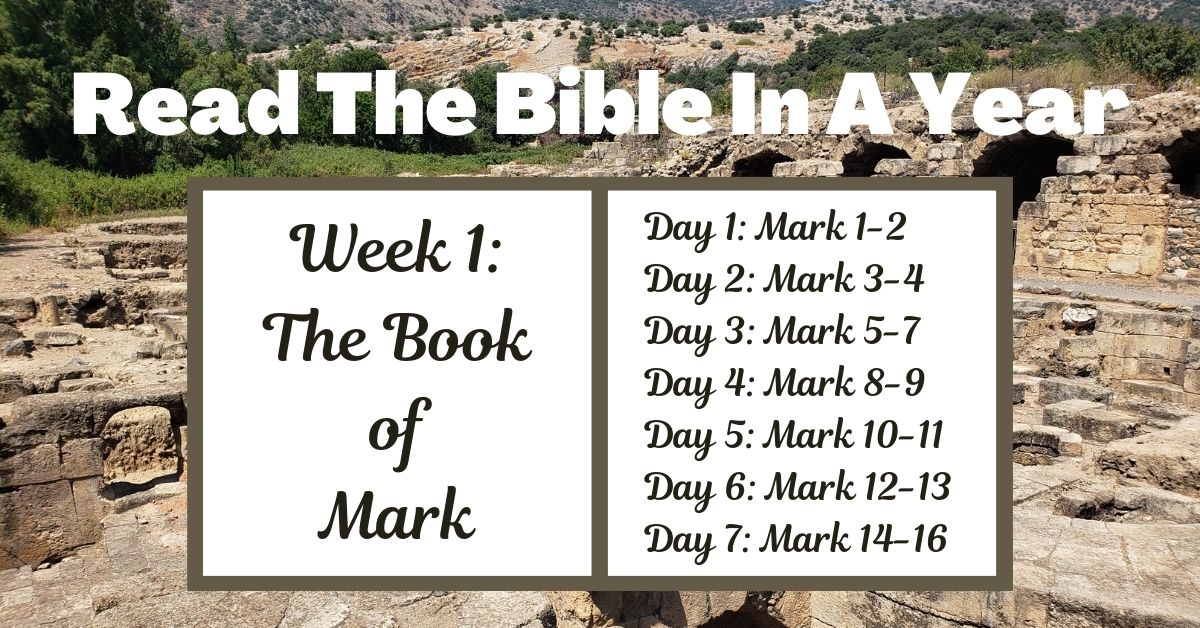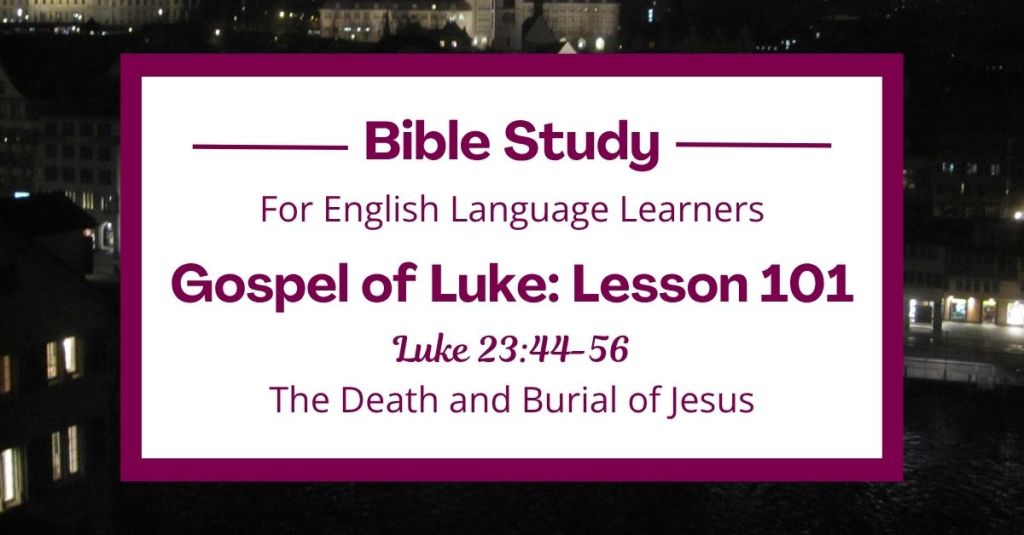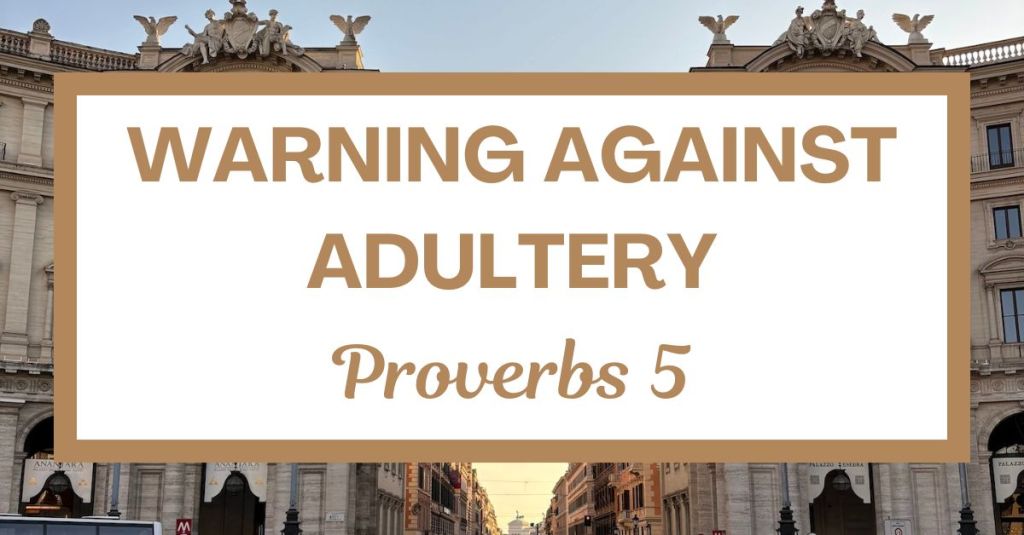In week 51 of our 1-year Bible reading adventure, we will read the entire books of 2 John, 3 John, Zechariah, and Esther. 2 John emphasizes the importance of truth and love, urging believers to discern and uphold the teachings of Christ while cautioning against false doctrines. 3 John commends Gaius for his hospitality and contrasts his virtues with the negative example of Diotrephes. Zechariah offers visions and prophecies of redemption and restoration, focusing on the coming Messiah and the day of the Lord, encouraging perseverance and faithfulness amid challenges. Esther narrates the courageous story of Queen Esther, who risks her life to save her people from destruction, showcasing themes of divine providence, courage, justice, and redemption, commemorated through the holiday of Purim.
2 John
The book of 2 John, a brief epistle in the New Testament, is traditionally attributed to the apostle John, although he identifies himself simply as “the elder.” Addressed to a “chosen lady and her children,” it carries themes of truth and love. The author urges recipients to abide in the teachings of Christ and warns against false teachings, particularly those denying Jesus’ physical incarnation. He emphasizes the need for discernment, advising against welcoming false teachers into their midst.
The letter underscores the importance of doctrinal purity and genuine love within the Christian community. It serves as a call to remain steadfast in the truth of Christ while exercising caution against deceptive doctrines and those who propagate them. In its concise thirteen verses, 2 John advocates for a balance between adherence to truth and the expression of love among believers.
Reflection Questions
After reading 2 John, consider the following reflection questions:
- How can we discern and uphold the truth of Christ amidst the prevalence of deceptive teachings in today’s society?
- Reflect on the balance between maintaining doctrinal purity and demonstrating love for others within our Christian communities. How can these aspects be effectively integrated?
- Consider the implications of 2 John’s warning against supporting false teachers. How might this influence our interactions with diverse beliefs within the leadership of our churches?
3 John
The book of 3 John, a brief epistle in the New Testament, is traditionally attributed to the apostle John, although like 2 John, he identifies himself simply as “the elder.” Addressed to Gaius, the letter commends him for his hospitality and faithfulness to the truth, contrasting his commendable actions with the negative behavior of a man named Diotrephes. Gaius is praised for his generosity toward itinerant preachers and missionaries, while Diotrephes is condemned for his arrogance and opposition to those spreading the Gospel. The author encourages Gaius to continue his support for these missionaries and assures him of God’s blessing for his faithful service.
Through its portrayal of Gaius and Diotrephes, 3 John underscores the importance of supporting those engaged in spreading the Gospel while highlighting the consequences of pride and opposition within the Christian community. It serves as a reminder of the blessings that accompany hospitality and faithfulness to the truth, urging believers to emulate Gaius’s example of generosity and to avoid the pitfalls of arrogance and hostility exemplified by Diotrephes.
Reflection Questions
After reading 3 John, consider the following reflection questions:
- Reflecting on the character of Gaius, how does his hospitality towards itinerant preachers and missionaries exemplify Christian virtues such as generosity and faithfulness to the truth?
- How might Gaius’s example inspire us to cultivate similar virtues in our own lives and communities?
- Discuss the portrayal of Diotrephes. What insights does his negative example offer about the dangers of pride and opposition within Christian circles?
- How can we navigate disagreements and conflicts within our own Christian communities in a manner that upholds unity and fosters genuine love for one another?
Zechariah
The book of Zechariah, a prophetic text in the Old Testament, was written during the Persian Empire’s reign, following the Babylonian exile of the Jewish people. Its 14 chapters are filled with visions and prophecies, providing encouragement to the returning exiles as they rebuild Jerusalem and the temple. Zechariah employs symbolic imagery throughout, depicting visions of lampstands, olive trees, and a flying scroll, among others, to convey messages about the future redemption and restoration of God’s people.
Central to Zechariah’s message is the promise of a coming Messiah who will bring salvation and establish God’s kingdom on earth. This theme of the Messiah’s arrival is intertwined with visions of the rebuilding of Jerusalem and the temple, encouraging perseverance despite challenges. Zechariah assures the people of God’s presence and faithfulness, promising blessings for their fidelity.
The book also speaks of the “day of the Lord,” a future time when God will intervene in human history to judge the wicked and establish his reign. This concept underscores God’s sovereignty and justice, emphasizing divine intervention and restoration. Through Zechariah’s prophecies, the readers are reminded of God’s enduring faithfulness to His covenant promises and encouraged to remain steadfast in their faith despite the trials they face.
Reflection Questions
After reading Zechariah, consider the following reflection questions:
- How do the visions and prophecies in the book of Zechariah challenge or deepen your understanding of God’s sovereignty and his plans for redemption?
- Reflect on the symbolic imagery used throughout Zechariah’s visions. How do these symbols convey spiritual truths and insights about God’s character and his relationship with his people?
- Consider the theme of restoration in Zechariah. In what ways do Zechariah’s messages of hope and renewal resonate with your own experiences of facing challenges and seeking God’s guidance in times of difficulty?
- Reflect on Zechariah’s portrayal of the Messiah and his role in bringing salvation. How does this portrayal shape your understanding of Jesus Christ and his significance in your life today?
- The concept of the “day of the Lord” is prominent in Zechariah’s prophecies. Reflect on what this concept means to you personally and how it influences your perspective on the future and your relationship with God in the present.
Esther
The book of Esther, set in the Persian Empire during the reign of King Xerxes I, tells the story of Esther, a Jewish orphan who becomes queen. Esther conceals her identity as a Jew at the advice of her cousin Mordecai. Meanwhile, Haman, a high official in the king’s court, plots to exterminate all the Jews after Mordecai refuses to bow to him. Through a series of events, Esther is urged by Mordecai to reveal her identity to the king and plead for her people’s lives, despite the grave danger it poses to her.
Esther bravely approaches King Xerxes, revealing her Jewish heritage and petitioning for the preservation of her people. Unaware of the decree issued by Haman, Xerxes is horrified at the thought of harming Esther’s people. Furious at Haman’s treachery, the king orders his execution. Mordecai, Esther’s cousin, is honored for his loyalty to the king, and the Jews are granted permission to defend themselves against their enemies on the designated day of the planned massacre.
The Jews successfully defend themselves against their adversaries, leading to a great victory. The holiday of Purim is established to commemorate these events, celebrated annually with readings of the book of Esther, festive meals, and acts of charity. The story highlights themes of divine providence, courage, faith, justice, and redemption, showcasing Esther’s bravery in risking her life to save her people and the eventual triumph of good over evil.
Reflection Questions
After reading Esther, consider the following reflection questions:
- How does Esther’s story of courage and selflessness inspire you in your own life? Are there situations where you’ve had to make difficult decisions for the greater good, even if they involved personal risk or sacrifice?
- Reflect on the theme of divine providence in the book of Esther. How do you interpret the role of God in the events of the story, particularly considering that God is not explicitly mentioned? How does this perspective influence your understanding of events in your own life?
- Consider the character of Mordecai and his relationship with Esther. What can we learn from Mordecai’s unwavering faith and loyalty, as well as his guidance and support of Esther? How do you view the importance of mentorship and familial relationships in facing challenges?
- Reflect on the consequences of Haman’s pride and arrogance, which ultimately led to his downfall. How does this story caution against the dangers of unchecked power and the importance of humility and integrity in leadership and interpersonal relationships?
- The establishment of the holiday of Purim serves as a commemoration of the deliverance of the Jewish people. Reflect on the significance of celebrating and remembering moments of triumph and redemption in our lives. How can we apply this practice of remembrance and celebration to our own experiences of overcoming adversity and finding hope in difficult times?
Flexible Plan: Reading for Week 51
If you are following the flexible plan for reading the Bible in a year, here is your reading assignment. You can break up the reading however you like throughout the week!
Printable Resource: Bible in a Year Reading Plan: Weekly Assignments
7-Day Reading Assignment: Week 51
For those who prefer a more organized approach, the weekly assignment can be broken into seven sections:
- Day 1: 2 John, 3 John
- Day 2: Zechariah 1-4
- Day 3: Zechariah 5-7
- Day 4: Zechariah 8-11
- Day 5: Zechariah 12-14
- Day 6: Esther 1-5
- Day 7: Esther 6-10
Printable Resource: Bible in a Year Reading Plan: Daily Assignments
5-Day Reading Assignment: Week 51
Or if you know that you are likely to miss a day or two of reading, the weekly assignment can be broken into five sections:
- Day 1: 2 John, 3 John, Zechariah 1-4
- Day 2: Zechariah 5-8
- Day 3: Zechariah 9-14
- Day 4: Esther 1-5
- Day 5: Esther 6-10
Printable Resource: Bible in a Year Reading Plan: 5 Days/Week Assignments
Subscribe
If you enjoyed this post and wish to receive more Christian content, feel free to subscribe to my newsletters!

Related Resources
Visit the Joyful Moments in Christ homepage for all posts, or scroll through other blog posts related to reading the Bible in a year:
